Beyond Nvidia: Are You Overlooking An AI Opportunity?
The AI boom is also being driven by some old-school industries Last week, Nvidia—whose processors are a key driver of the AI wave—became the world’s first publicly traded company to
How we help advisors guide clients through their life journeys
Intuitive technology that supports advisors
Horizon’s innovative investment framework
Outsourced CIO (OCIO) consulting solutions
Customizable actively managed single-stock portfolio
Intuitive, user-friendly planning software
Goals-based investing with Horizon Funds and ETFs
Our latest thoughts, in and on the media
Our regular look at the market’s most revealing number
Our in-depth thinking on goals-based investing
What we do—and why we do it
Our culture and open positions
Meet our leadership team

The AI boom is also being driven by some old-school industries Last week, Nvidia—whose processors are a key driver of the AI wave—became the world’s first publicly traded company to
What Happened Last Week Trade Headlines: The US announced new tariffs against Brazil, Mexico, the EU, and others, but pushed the deadline out to August 1. Trump vs Powell: The

Download Presentation

What Happened Last Week All-Time Highs: Although shortened by the holiday, last week saw the major indices make fresh all-time

Man-made tariffs, then un-man-made, took markets on a wild ride this quarter After plummeting nearly 19% on tariff fears, the

What Happened Last Week All-Time Highs: Investor optimism on trade and the budget bill in DC sent the S&P 500

A rising supply of homes has the potential to bring relief to would-be buyers For years, Americans have lamented that

What Happened Last Week Middle East Escalation: Investors largely shrugged off rising tensions last week, assuming a weakened Iran will

Sentiment finally rises After months of feeling downbeat, consumers’ attitudes are perking up. The University of Michigan Consumer Sentiment index

What Happened Last Week Israel Strikes Iran: Israel struck Iran’s nuclear infrastructure and senior military leadership, leading to open conflict

Powell and co. are likely to sit on their hands for a while Fed watchers may want to consider taking
What Happened Last Week Labor Data: Friday’s non-farm payrolls report showed a slowing, but still a healthy labor market. Broadcom

Consider a goals-based investment perspective going into summer The old adage “April showers bring May flowers” proved true on Wall

What Happened Last Week Tariffs in the Courts: A trade court ruled that most of President Trump’s tariffs are illegal,

The timely importance of taking a differentiated approach to diversification Bonds these days are doing little to shore up investors’

What Happened Last Week Sell America: U.S. long-term Treasuries, equities, and the dollar all declined as investors sought shelter in

Read More
Read More

Some assets may have rallied too far, too fast Investors have breathed multiple sighs of relief in recent weeks as

Despite lower levies for now, uncertainty remains On Monday, the U.S. and China announced that they will temporarily suspend the

What Happened Last Week Markets Listless: Equity markets consolidated with notably lower volatility last week as investors digested the U.S.-UK

A lengthy run for the S&P 500 These days, the stock market is showing up on both the “best of”

What Happened Last Week Stocks Rally: The S&P 500 rallied for nine straight days to close above pre-Liberation Day levels.
Equity investors should look beyond the usual suspects these days This week marks the 100th day of President Trump’s current

What Happened Last Week Easing Fears: Equities rallied, led by the Mag 7, as tariffs, Powell firing fears, and DOGE-related
Market participants have fled dollar-based assets, leading to dollar weakness The U.S. dollar has experienced a sharp decline this year

What Happened Last Week Yields Stabilized: Despite Trump’s consideration of firing Powell, 10-year yields declined, supported by several solid Treasury

Although uncertainty remains, perpetual market swings may be less frequent While still higher than what Wall Street would prefer, market

Gain Strategies The first quarter was one of volatility and investor whiplash that felt much worse than it was, although

What Happened Last Week Equities: The S&P 500 surged 5.7%, yet frequent trade policy reversals, weak confidence, and a lack

Short-Term Market Volatility Market volatility over the past week has been nothing short of historic. The two-day loss in the

Download Presentation

What Happened Last Week Tariff Shock: Trump’s huge tariffs—a 10% baseline already in effect and the “reciprocal” tranche to be

The power of diversification has been on display throughout 2025 Headline after headline this week highlighted that stocks posted their
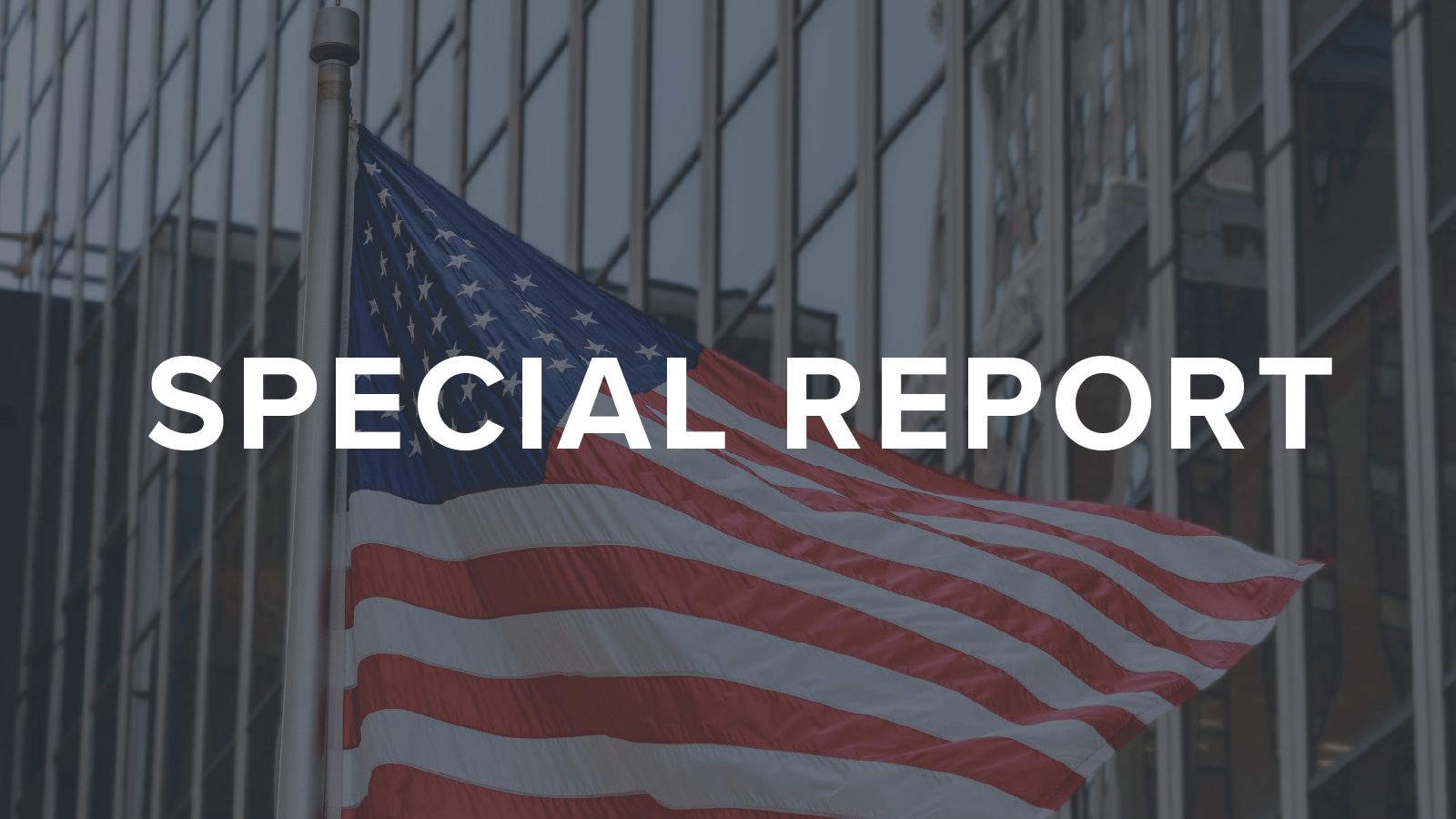
Tariffs are taxes and taxes slow economic growth. The Trump administration’s newly announced tariff policy represents a ~$600 billion tax

What Happened Last Week Tariff Impact: Equity markets declined following Trump’s announcement of 25% auto sector tariffs, pushing U.S. tariffs
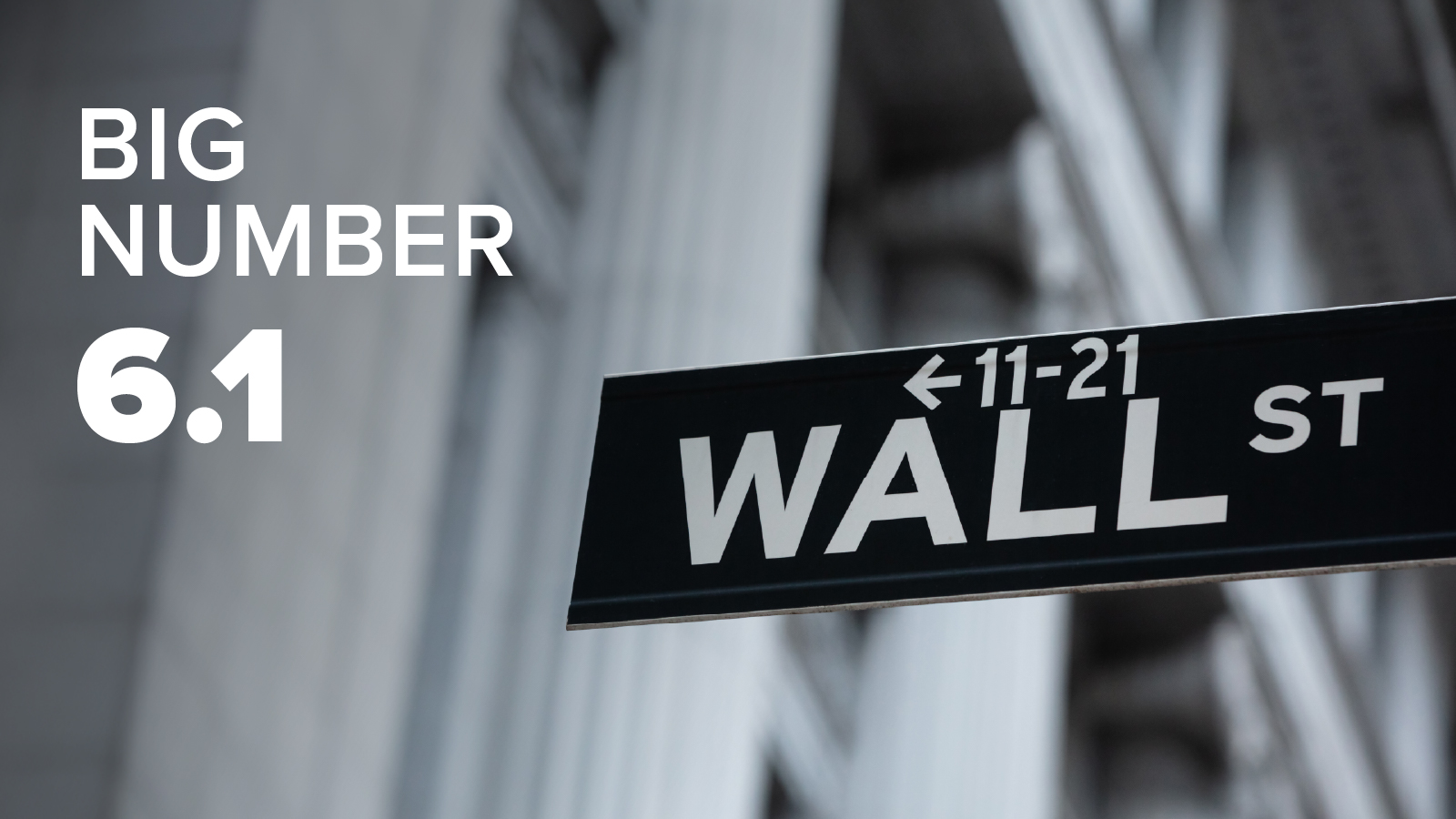
History suggests a rebound could be in order The market’s smaller stocks are down—and it may be time to pick

What Happened Last Week Equity Consolidation: Intra-equity market volatility was calmer last week after a few weeks of sharp investor

The shift in market leadership continues The uncertainty weighing on stock prices lately has hit many of the market’s highest

What Happened Last Week Market Correction Signals: S&P 500 falls for a fourth week—one of the quickest corrections in 75

Recent stock market losses are not as bad as they may seem Last week saw the S&P 500 have its

What Happened Last Week U.S. Sell-Off: Weak investor sentiment drove the S&P 500 to its third weekly decline, while the

Join Scott Ladner, Chief Investment Officer, and Austin Fitch, CFA®, Head of Consulting Solutions on Monday, March 10 at 10:00

Consumers may be tapping the brakes on their spending The outlook for the U.S. economy took a hit recently—and investors

The President Trump Seesaw: A Post-Inauguration Review of the Markets Over the last several weeks, President Trump’s White House and

What Happened Last Week Sentiment Souring: Policy uncertainty is likely contributing to the deterioration in animal spirits. Slowdown Fears: Investor
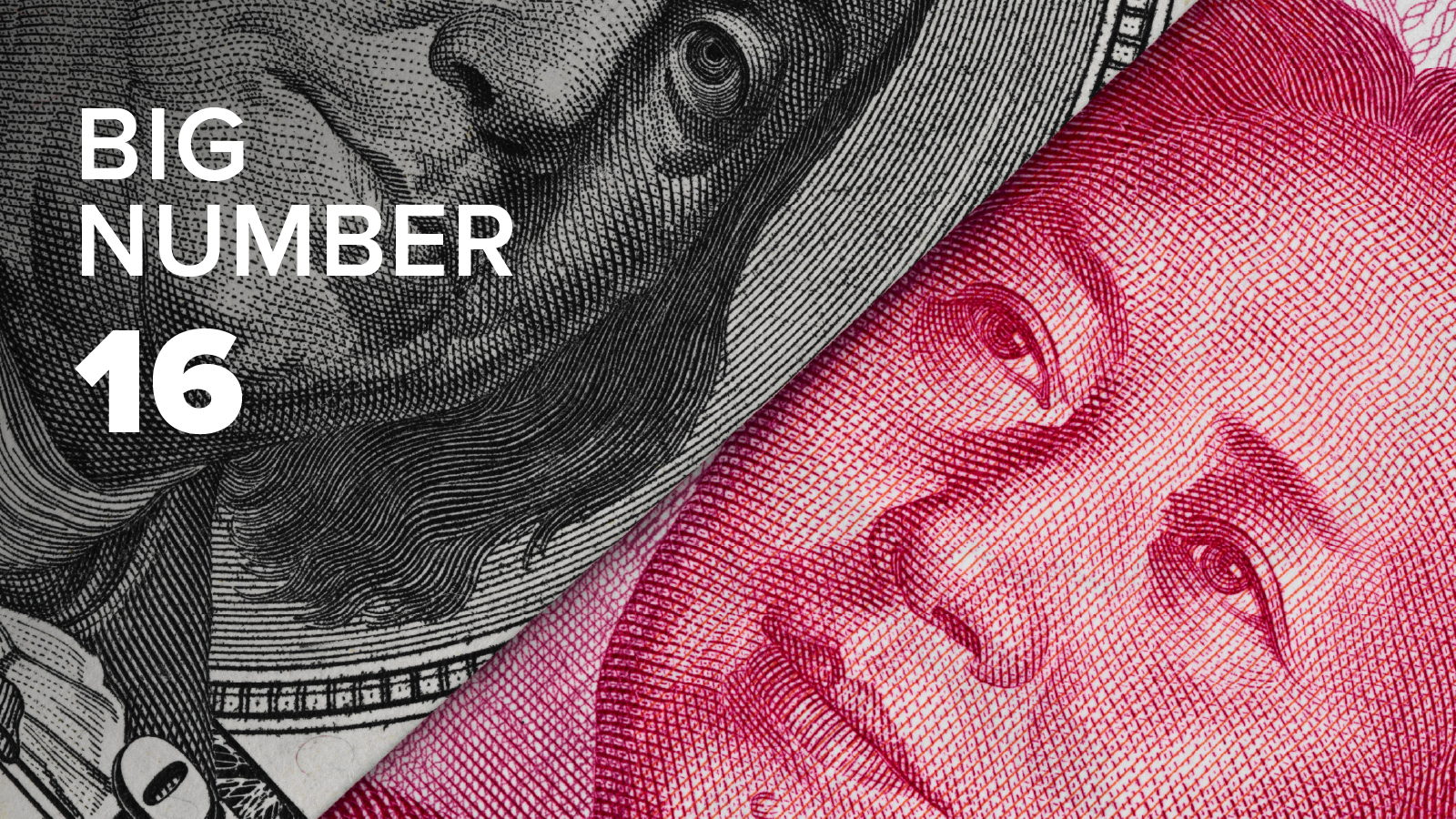
The U.S. has been lagging Europe and China in recent months. It seems “America First” doesn’t apply to the financial

What Happened Last Week Equity Sentiment Falls: S&P 500 hits new all-time highs but small-caps and retail darlings suffer big

Uncertainty is spiking, but optimism remains strong. The White House’s sweeping, and sometimes see-sawing, economic policy announcements on tariffs and

What Happened Last Week Tariffs: Markets welcomed Trump’s tariff delay, but skepticism raises the risk of more aggressive action down

Earnings have been much better than expected thus far among the market’s small companies. Large-company stocks have outpaced their small-cap

What Happened Last Week Policy Uncertainty: Investors welcomed a delay in tariffs on Canada and Mexico. Sentiment Support: A weaker

New import taxes on China, while Mexico and Canada get a reprieve for now. The trade war has started—albeit with

What Happened Last Week DeepSeek Dip: Tech stocks plunged due to fears of overinvestment in AI infrastructure following DeepSeek’s model

What does Nvidia’s historic rout mean for investors? The bad news: AI darling Nvidia lost $593 billion in market capitalization

What Happened Last Week Dollar Decline: The dollar had its worst week in a year as no “day one” tariffs

Will Trump’s tariffs push the greenback even higher? The U.S. dollar has risen sharply in value versus other world currencies

What Happened Last Week Lower Rates: Downside inflation surprises in the U.S. and U.K. and dovish Fed comments fueled a
OVERVIEW Stocks posted mixed results during the fourth quarter of 2024. Investors were initially encouraged by positive economic news and
Will the U.S. economy’s growth machine keep on humming? Surging bond yields are rattling investors, fueling concerns that stocks may

Gain Strategies The choppy, volatile market environment continued in the final quarter of 2024. Still, in contrast to the

What Happened Last Week Global Selloff: Stocks fell as rising yields and rate uncertainty pressured equities. Economic Strength: Strong jobs

Do top-heavy markets eventually spread out? Many investors have experienced extraordinary stock market gains over the past two years, with
Download Presentation

What Happened Last Week Santa Rally Fizzles: The S&P 500 closed the week ~2% below its levels before the Fed’s

What Happened Last Week Hawkish Cut: The Fed cut 25 bp and pointed to a pause in their cutting cycle

Small-cap stocks may offer tactical opportunities. Investors who expect a late-year, post-election rally in small-company stocks may need to be

What Happened Last Week Equity Reprieve: U.S. large-cap gains paused last week despite a rally across the mega-cap growth complex

The digital currency seems to have the wind at its back these days. An ongoing post-election surge drove Bitcoin’s price

What Happened Last Week Fresh All-Time High: S&P notches another ATH, supported by mega-caps. Price Action: A weaker dollar drove

Opportunities outside of the top performers. It’s no secret that a small number of stocks in the S&P 500 have

What Happened Last Week All-Time Highs: Both domestic large- and small-caps hit fresh all-time highs over the holiday-shortened trading week.

What Happened Last Week Stocks Rose: S&P 500 closed within a hair of all-time highs on the back of easing

Positive earnings surprises are back on track. With more than 90% of the companies in the S&P 500 index reporting

What Happened Last Week Price Action: Headline equities sold off as investors digested marginally hawkish Fed commentary and Trump’s cabinet

With election results finalized, investors take a breath. The election is over—and financial markets are breathing a huge sigh of

What Happened Last Week Republican Election Sweep: Republicans granted a strong mandate to pursue an ambitious policy with Trump’s decisive
Investors saw sharp market movement the day following the election Donald Trump and the Republicans outperformed expectations on Election Day,
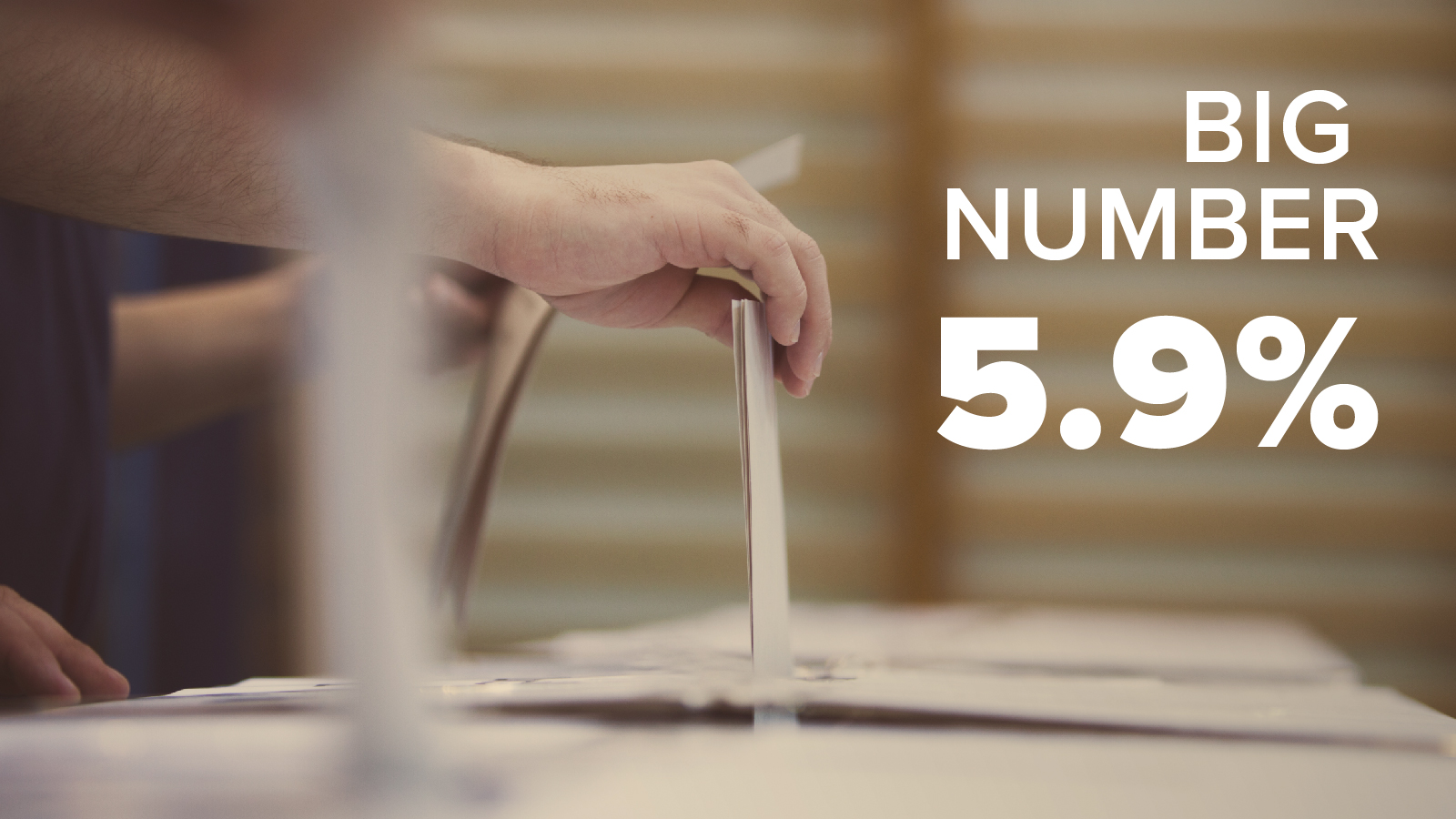
Stocks have had a habit of gaining ground no matter who becomes President. Regardless of which candidate emerges victorious, historically,

What Happened Last Week Yields Rose: Concerns over higher spending in the U.S. post-election caused yields to spike, dampening equity
Buyers need lower rates to get back in the game. In anticipation of the Fed’s rate cut last month, more

What Happened Last Week Yields Pushed Higher: Talk of fiscal worries added to the existing upside momentum for U.S. yields.

Consumer spending, corporate earnings, and the overall economy remain robust. Investors will examine one of the last snapshots of the

What Happened Last Week New All-Time High: S&P 500 notches new all-time highs and posted gains for the sixth consecutive
OVERVIEW Stocks posted another quarter of positive returns — despite some significant volatility along the way—with several equity market indices
The stock market is two years (and counting) into a bull market. Last Saturday marked the second anniversary of the

What Happened Last Week Price Action: Fresh all-time highs in U.S. large caps on bank earnings and re-kindling of the

Gain Strategies Despite returns of over 5% for both global stocks (MSCI All Country World Index) and core bonds

Lowest spreads in nearly three years Want more evidence that the U.S. economy is in good shape? Just take a
Chief Investment Officer Scott Ladner and Head of Consulting Solutions Austin Fitch, CFA®, review the third quarter of 2024 and

What Happened Last Week Geopolitical Volatility: Oil soared over 9% as investors weighed Israeli retaliation against Iran’s energy infrastructure. U.S.

It’s been 17 years since we’ve seen a weekly return this strong Long-suffering Chinese stocks broke out of their doldrums

What Happened Last Week China: Property market support was announced over the weekend in major cities in addition to the

Which sector has been leading the rally so far in 2024? One market sector has outperformed all others so far

What Happened Last Week Fed: Equities rallied as the Fed cut 50 bps to kick off its rate-cutting cycle, guiding
What Happened? The Federal Reserve (Fed) started their much-awaited easing cycle on Wednesday after holding their target rate in the

Are you ready? All eyes are on Jerome Powell on Wednesday as investors await the Federal Reserve Board’s near-certain decision

What happened last week Stocks Rebound: U.S. large caps posted their best week of the year, up about 4% and

Successful investing doesn’t have to be a thrill ride. Anyone who has driven California’s Pacific Coast Highway or North Carolina

What happened last week Price Action: Poor September seasonality may be to blame for a more than 4% decline in

Join us at 4:00 PM ET on Tuesday, October 8, 2024, for Horizon’s Quarterly Webcast, hosted by Chief Investment Officer

Here’s how stocks may perform for the rest of 2024 As the fall harvest season begins, it’s a time of

What happened last week NVDA: Nvidia’s (NVDA) beat and raise was not enough to impress investors, resulting in a nearly

Fed Chair Powell tees up the long-awaited rate cut Fed Chair Powell said just about everything investors wanted to hear

What happened last week Powell Pivot: Chair Powell validated the market’s view that a rate cut is coming in September.

Best week of 2024 for the S&P 500 After a brief summer slump and a short-lived overreaction, stocks enjoyed their

What happened last week Market Recovery: S&P rallies to within 2% of its all-time high. Healthy Data: Strong retail sales,

U.S. company profits continue to impress. Earnings season is in the home stretch, with more than 90% of the companies

What happened last week Price Action: U.S. and global stocks ended the week practically unchanged despite Monday’s historic volatility. Carry

The S&P 500 fell 3% on Monday—its biggest one-day decline in nearly two years—amid growing fears that July’s slowdown in

Market volatility spikes—but how much should you worry about it? The first full week of August started with a bang:

What happened last week Price action: Summer liquidity, poor economic data, a less dovish than desired Fed, and positioning all

A growing number of stocks are having their moment in the sun Everybody loves a good comeback story: Seabiscuit. The

What happened last week Price Action: Small-caps continued to outperform year-to-date leaders, like the tech-heavy NASDAQ 100. U.S. Data: U.S.

Don’t read too much into harbingers of stock market doom and gloom Sometimes, it pays—literally—to look beyond what’s “obvious” to

What happened last week Equity Market Reversion: Small-caps outperformed mega-cap technology by a little less than 6% as year-to-date laggards
Overview Overall, stocks delivered another quarter of strong gains during the three-month period ending June 28, 2024. For the quarter:

Will softness in housing inflation, jobs, and other metrics prompt the Fed to act soon? Those long-sought-after Fed rate cuts

What happened last week Softening Economic Data: Cooler than expected inflation data weighed on interest rates; September rate cut now

Gain Strategies Global stocks continued their upward march in the second quarter, powered higher by continued economic resilience and
Chief Investment Officer Scott Ladner and Head of Consulting Solutions Austin Fitch, CFA®, review the second quarter of 2024 and

What happened last week Price Action: MAG-7 leads U.S. equity indices to fresh all-time highs as small-caps and large-cap value

Six more months! Six more months! Investors cheered as stocks ended the second quarter last Friday up 4.3%. . .

What happened last week Reversion Price Action: Year-to-date equity trends continued their reversal last week; small caps and internationals led

Is the seventh month of the year a stock investor’s best friend? While scorching temperatures continue to sweep across much

What happened last week AI vs. the Rest: Year-to-date equity trends reversed last week as small-caps led mega-cap tech; quarter/month-end

Are there potential opportunities beyond the handful of big stock market winners? The equity market has spent the better part

What happened last week All-Time Equity Highs: Another week of new highs for U.S. large-caps as Broadcom, Oracle, and Adobe

Falling bond market volatility could support equity prices. Investors looking for signs of what stocks may do next often turn

What happened last week AI Theme: NVIDIA (NVDA) rally to $3T in market capitalization vaults U.S. large caps to fresh

Potential homebuyers are hitting the brakes. What could that mean for the future? Would-be homebuyers are increasingly deciding to stay

What happened last week Revenge of the Meme Traders: Small-caps outperformed large-caps on resurgent trading in “meme-stocks.” Slightly Softer U.S.

Thanks to AI, it seems a bunch of people want Nvidia’s semiconductors. Is it Nvidia’s world and we’re just living

What happened last week Semis: NVDA’s “beat and raise” earnings report reignited the AI trade and propelled mega-cap tech to

Should investors consider opportunities in global stocks? We believe international stocks could deserve a place in many investors’ portfolios because

What happened last week Price action: China led on a green week for global stocks, ratcheting higher as Chinese policy

Are U.S. consumers ready to go more rounds? “When will the consumer finally crack?” is a question that seems to

What happened last week Price action: The S&P 500 rose higher and through key technical levels, recovering the majority of

Generating goals-based income with an equity-centric, globally diversified portfolio. Memo to retirees seeking sustainable spending power: Consider sticking with stocks.

What happened last week Earnings: Strong earnings from AI-exposed mega-cap technology supported a modest rally in US equities. Jobs report:

It’s a big week for news from corporate America. Earnings season is in full bloom, with roughly half of the
OVERVIEW Stocks during the first quarter of 2024 extended the rally that began late last year, with major market indices

What happened last week Stocks rose for the first time in four weeks on the back of strong earnings. Economic

Middle East conflicts shouldn’t derail the strong domestic growth story. Rising Middle East tensions caused oil prices to briefly spike

What happened last week Equities fell for the third consecutive week as rates continued to climb higher. Strong retail sales

Can economic growth tailwinds outweigh higher interest rates? Month-over-month retail sales for March topped economist expectations at 0.7%, with February

What happened last week Equities sank as the 10-year Treasury yield surged above 4.5%. Third consecutive upside CPI surprise pushed

Chief Investment Officer Scott Ladner and Head of Consulting Solutions Austin Fitch, CFA®, review the first quarter of 2024 and

Gain Strategies Global stocks put in another strong quarter to start 2024 as continued economic upside surprises, especially in
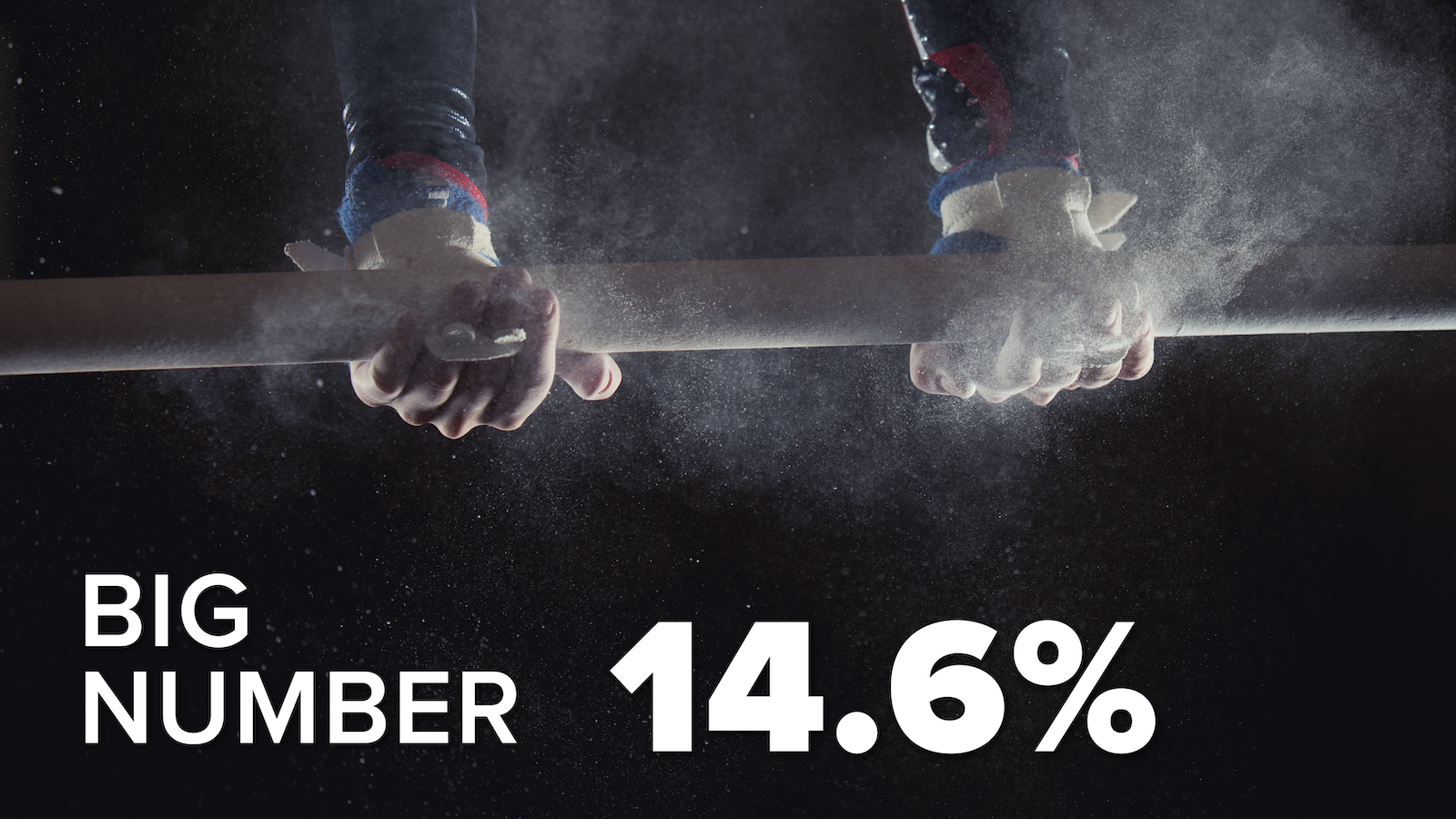
Can company profits exceed rising expectations? First quarter 2024 earnings season kicks off this week, on the heels of reports

What happened last week The second quarter opened with a whimper as stocks declined and the U.S. Treasury yield curve
First-quarter returns suggest the market may have more to give. Stocks went out like a lion in March, with the

What happened last week Holiday-shortened week ends 1Q 2024 – U.S. equities (S&P 500) rose over 10%, a strong (85

Derivatives can be effective when you know what you’re buying or selling. Covered call option strategies can be an innovative

What happened last week Dovish central bank policy meetings resulted in fresh S&P 500 all-time highs. Market leadership in the

Keeping a close eye on Treasury market volatility Volatility in the Treasury bond market is once again flirting with its

What happened last week Last week’s price action was choppy and lacked a cogent narrative. 10-year U.S. Treasury yields rose

Taking a tactical approach to “junk” bonds Yield-hungry investors eyeing an eventual Fed rate cut are moving into high-yield corporate

What happened last week Mega-cap tech underperformed the broad market and equal-weight indices as market breadth improved. The underperformance of

Prices of many services are heating up again. Last week, we learned that the Fed’s preferred inflation gauge—the core personal

What happened last week Stocks rose as mega-cap tech and theAI theme continued to propel equitymarkets to new all-time highs.

Eventually, many clients will rely on the nest egg they have accumulated and preserved to address their financial needs during

Do shares of non-U.S. companies deserve a place in your portfolio? With soaring U.S. stocks—and domestic tech stocks in particular—capturing

What happened last week Nvidia, now a $2 trillion market-cap company, crushed lofty earnings expectations and sent equities to all-time

What happened last week Hot inflation print pushed back the start of rate cuts; more importantly, longer-term interest rate expectations

Is stocks’ extended winning streak “an offer you can’t refuse”? The S&P 500 has now closed higher for 14 out

Zach reviews the 4Q23 earnings season, what Horizon anticipates from the Fed and interest rates this year, and how these

What happened last week A mega-cap-led rally lifted the S&P 500 above 5,000, a new all-time high. Interest rates continued

Robust consumer spending continues to support a strong economy. Last week’s impressive jobs data—employers added 353,000 new jobs in January,

What happened last week Stocks ended the week higher on a mix of very strong AI-driven mega-cap earnings and a

The economy and inflation are lining up as investors hoped they would. All eyes were on the Fed this week

What happened last week Economic growth remains hot with inflation cooling – the probability of a ‘soft landing’ or ‘no

It could be a great time to buy stocks. Here’s why. Investors celebrated last Friday as the S&P 500 notched

Navigating heightened market volatility and an evolving regulatory landscape has become the new normal for many financial advisors, all while

What happened last week Action-packed and holiday-shortened trading week underscored by new all-time highs across major US equity indices. Economic
“Sticky” shelter costs could keep overall prices uncomfortably high. While inflation’s steady march downward of late has investors (and the

What happened last week Magnificent-7 (“MAG-7”) mega-caps led the “broadening-out” trades’ outperformers (e.g. small caps). Benign December CPI & PPI

OVERVIEW Following a third-quarter slump, stocks roared back to life during the final three months of 2023. The S&P 500

Gain Strategies In a topsy-turvy year for investors and economists alike, 2023 ended on a high note with strong rallies

Value and growth index fund investors may be surprised by their returns last year. Investors commonly own both value and
Chief Investment Officer Scott Ladner and Head of Consulting Solutions Austin Fitch review the fourth quarter of 2023 and provide

What happened last week The S&P 500 snaps its 9-week winning streak to end Friday less than 3% from all-time

What happened last week 2023 set a high bar for 2024 market-wise, although new all-time highs are just a hair

REGISTER NOW Join Horizon’s Focus Webcast, hosted by Chief Investment Officer Scott Ladner and Head of Consulting Solutions Austin Fitch,

How are the “Magnificent 7” stocks really doing? Outperformance isn’t always exactly what it seems to be. Many investors this

What happened last week Last week was a full macro week with a string of positive surprises that drove a

Some crucial context on Americans’ “out of control” debt levels. “Credit Card Debt Crisis” “Credit Card Debt Hits New Record”

What happened last week The S&P 500 has rallied for its sixth straight week, retracing back to 1Q ‘22 levels.

Most stocks have been laggards this year, but that could be starting to change. It’s no secret that a minute

What happened last week A strong seasonal rally is in full swing as the S&P 500 posted its best month

Will December bring glad tidings to small-company stocks? Small-cap stocks have had quite the slog this year. Punished by rising

Baby boomers have been approaching retirement for a decade, bringing billions of dollars out of retirement accounts as America’s second-largest

What happened last week A short trading week saw the S&P 500 inch toward an all-time high. Short covering starts

One active approach to risk management is currently beating the market. Risk management can be an important component of goals-based

What happened last week Risk sentiment increased last week, lifting the S&P 500 through key technical levels as Treasury yields

The end of Fed rate hikes suggests good things for equities. The stock market’s surge last week—U.S. and global equities

What happened last week Risk sentiment increased last week, lifting the S&P 500 through key technical levels as Treasury yields
Three years of less-than-stellar financial market performance. It’s been a tough slog for investors over roughly the past three years,

What happened last week Investors reduced market exposure due to geopolitical tensions weighing on equities for the second week in
GDP growth over the past three months may have been huuuuuge. Third-quarter GDP growth could be a monster. True, it’ll

House hunters are facing a shocking number these days. Pity today’s homebuyers who are looking at an average monthly mortgage

OVERVIEW During the third quarter of 2023, investors hit “pause” on the rally that had lifted stocks higher for much

What happened last week Stocks and bonds sold off as geopolitical tensions outweighed strong economic and fundamental data. Long-end Treasury

Gain Strategies After a surprising and surprisingly positive first half of the year for financial markets, the recovery from the

What happened last week Stocks close the week higher despite mounting geopolitical concerns and rising long-term interest rates. Bond market
https://www.horizoninvestments.com/wp-content/uploads/2023/10/Q3-Webcast-Super-TB-Small_1.mp4 Chief Investment Officer Scott Ladner and Managing Director of Consulting Solutions Austin Fitch review the third quarter of 2023

What happened last week Stronger economic data and domestic political turmoil contributed to a resumption of the bond sell-off. Stocks

It’s been bleak days—and lots of them—for bond investors. As the fourth quarter begins, bonds are on track for a

Over the summer months, Horizon conducted the firm’s first annual Advisor Sentiment Survey to gauge opinions and expectations around the

What happened last week Last week, the quarter ended with both stocks and bonds mainly in the red. Long-end Treasury
The greenback’s recent rally could have legs. The U.S. dollar is lighting up the charts, rallying for the past ten

What happened last week A more hawkish than expected Fed meeting saw higher interest rate projections in 2024 and beyond.
Next-generation investing in AI will take hold in 2024 CIO Scott Ladner joined BNN Bloomberg to discuss the upside in

Falling interest rate volatility in Treasuries could herald a stock market rally. There are few things that make investors happier
https://youtu.be/mWhUrUv0Ffo?feature=shared Hear Zach cover what Horizon is taking from recent economic data, our expectations for Fed and monetary policy, and

What happened last week Treasury yields continued to move last week higher on strong economic data. U.S. inflation came in

Sharply higher oil prices have the potential to re-ignite inflation. Last week saw oil prices hitting their highest point in

What happened last week Strong data drove Treasury yields higher and stocks lower in a holiday-shortened trading week. As China

Historically, the 9th month of the year hasn’t been kind to investors. “April is the cruelest month,” wrote poet T.S.

What happened last week It was a recovery week for equities as yield moves continued to dictate price action. Labor

What happened last week A choppy week in markets saw small recoveries for stocks and bonds. Fed Chair Jerome Powell
There are few signs of the economic struggles predicted at Jackson Hole last year. Attention will be focused on Wyoming

What happened last week The push higher in Treasury yields drove the third consecutive week of simultaneous losses in equities

Stock investors may want to brace for some bumps in the road. After months of gains and low volatility from

What happened last week Pressure building on the disinflation narrative as global bond yields surge and commodities continue their rally
A covered call strategy offers the potential for risk mitigation, current income, and outperformance. Innovative strategies to mitigate risk and

What happened last week Negative bond market developments likely drove the sell-off in equities Jobs report pointed to easing wage

https://youtu.be/e26Kr8v2gvg Head of Portfolio Management Zach Hill, CFA® covered why the Fed matters less today, takeaways from earnings season, and

Other market sectors are showing signs of life. The S&P 500 continued its winning streak in July and is up

What happened last week Stocks climbed as the Fed and European Central Bank (ECB) raised rates to 22-year highs Continued
Is the Fed’s battle to contain inflation finally done? The market seems to think so. Recent comments from multiple Wall
CIO Scott Ladner joined TD Ameritrade to discuss this week’s FOMC meeting and A.I.’s potential impact on sectors.

What happened last week Global stocks edge higher, led by the US, in a week characterized by slow and sluggish

The S&P 500’s lowest correlation level in years suggests outperformers and underperformers should emerge. Think the S&P 500’s low volatility

When was the last time a client asked, “What was my portfolio’s alpha?” You may encounter that question with institutions
OVERVIEW During the second quarter of 2023, several key equity market indices built on their gains from the prior three
https://youtu.be/etvuMLvXBAM Chief Investment Officer Scott Ladner and Managing Director of Consulting Solutions Austin Fitch review the second quarter of 2023

Gain Strategies After a furious and volatile start to the year for stock and bond markets, the second quarter provided

Will six months of returns cause you to forsake global diversification? While it’s true that “the market” is up for

What happened last week Equities sold off in volatile trading to start the third quarter Continued economic resilience drove Treasury

What happened last week Strong end to a strong quarter with the S&P 500 closing at its highest level since

Stock market volatility has fallen to multi-year lows? “Merrily, we roll along, roll along.” Those Stephen Sondheim lyrics pretty much

What happened last week Stocks sold off with small caps, value, and internationals leading losses as narrow market leadership continued

With the oldest baby boomers over eleven years into retirement and the oldest Generation X members just eight years away,

The housing market is the latest economic indicator to light up the charts? One of the key leading indicators of

What happened last week Increasingly positive investor sentiment boosted the S&P 500 closer to all-time high levels Fed delivers “hawkish

Does This Market Have Staying Power? Stocks escaped the bear’s grip. What comes next Investors cheered last week as the

What happened last week It was a quiet week, with recent trends reversing in favor of year-to-date underperformers like small-caps

The positive surprises in the labor market just keep on coming. Job creation in the U.S. continues to defy expectations.

What happened last week Friday’s strong labor market data defined the trading week. A bipartisan debt ceiling bill averted the

Is the fast-moving market moving too fast? Technology stocks generally hate higher interest rates. Tech companies often need ongoing access

What happened last week A debt ceiling agreement was reached, and will likely become law this week. NVIDIA earnings were

CIO Scott Ladner, and Managing Director Austin Fitch, CFA® discuss the debt ceiling debate, disinflation, equity allocations, and the current
Active management aims to navigate trends as they emerge—and fade We believe an active, dynamic approach to portfolio management can

What happened last week The market saw year-to-date highs in stocks despite a lack of progress on the debt ceiling
Apple is once again worth more than the entire Russell 2000 In Marvel movies, it’s common for one superhero to

Fear-inducing headlines are likely painting too grim of a picture. Silicon Valley Bank. Signature. First Republic. PacWest. Comerica. The list

Hear Zach Hill, CFA®, cover earnings season, Fed policy, and what Horizon is watching in the markets. https://youtu.be/27YkbeBM_yc

Investors seem to be a relatively calm, cool, and collected bunch these days—which may be a harbinger of stock market
Overview The idea that the financial markets “climb a wall of worry” by showing resilience in the face of significant
Identifying investment opportunities may take a sharper focus going forward Fears about banks’ financial health have dominated many investors’ thoughts

Gain Strategies Investors shifted among dominant themes numerous times in what was a volatile but generally positive first quarter of

What tools can investors use to fight longevity risk in retirement? Many retirees today probably remember the 1976 disco hit
There’s tech, and there’s the rest Investors in tech stocks these days are a wildly happy bunch. Everybody else? Not

Key Takeaways Investors require different outcomes from their investments, a one-size-fits-all passive approach is unlikely to work for everyone. Horizon

Here’s something we have only seen once in 20 years In a true study of contrasts, the tech-heavy Nasdaq 100

Scott Ladner and Austin Fitch discuss the Fed announcement and the current market and what they are watching.
Stocks stand to benefit if the Fed eases up on the brakes Continued concerns about the health of the U.S.
Bank woes raise questions about the Fed’s next move. Investors’ sudden hunger for U.S. government bonds has pushed yields to
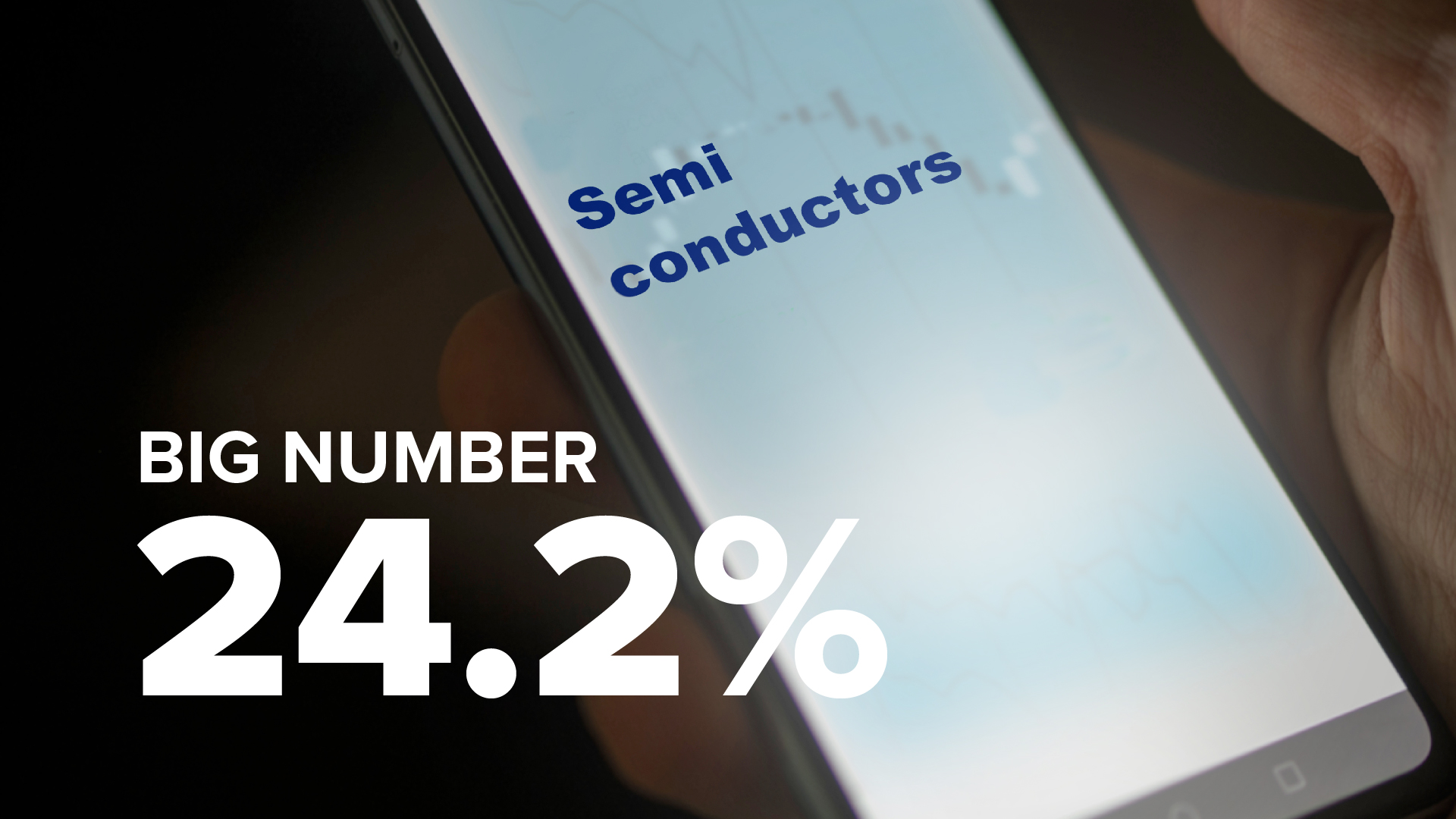
Chip stocks have come out swinging to start 2023 In what could be a harbinger of things to come for

The U.S. real estate market has been flexing its muscles in recent weeks. Unexpected strength in the real estate market

U.S. stocks have clearly perked up so far this year. But now, two key market metrics show a heightened level

https://www.horizoninvestments.com/wp-content/uploads/2023/02/Fast-Take-Final-Video.mp4 Hear Zach Hill, CFA®, Head of Portfolio Management, cover Horizon’s thoughts on the state of the economy, Fed policy,

In the consumer market, high-quality products are identified as reliable, longer lasting, and are generally viewed very positively. Names of

In the wake of a bruising 2022, investors seem to have decided that “risk on” is where it’s at this

Expected interest rate volatility has fallen 28 points so far this year The financial markets are predicting less volatility in

Gain Strategies The final quarter of what has been a difficult year for asset owners finished on a positive note

Overview Financial markets suffered sizable—in some cases, historic—losses in 2022. Soaring inflation combined with an aggressive monetary policy response by

Investors eye foreign markets and like what they see. For more than a decade, international stocks have lost performance race

Put “protection” has come up short lately—but there’s a better way. Put options are often a go-to risk management strategy


Up is down, and down is up Two key components of the equity market—growth stocks and value stocks—are looking significantly

https://www.horizoninvestments.com/wp-content/uploads/2022/12/Zach-Hill-V5.mp4 Hear Zach Hill, CFA®, Head of Portfolio Management, cover Horizon’s thoughts on what’s ahead in 2023 for Fed policy,

This year we have seen a first for stocks and bonds. Welcome to uncharted territory. As we head to the

Everybody can appreciate a smooth ride—and for investors, a journey without too many bumps along the way can potentially result

Throughout 2022, investors have seen various positive economic developments as signs that the Federal Reserve Board was ready to pivot
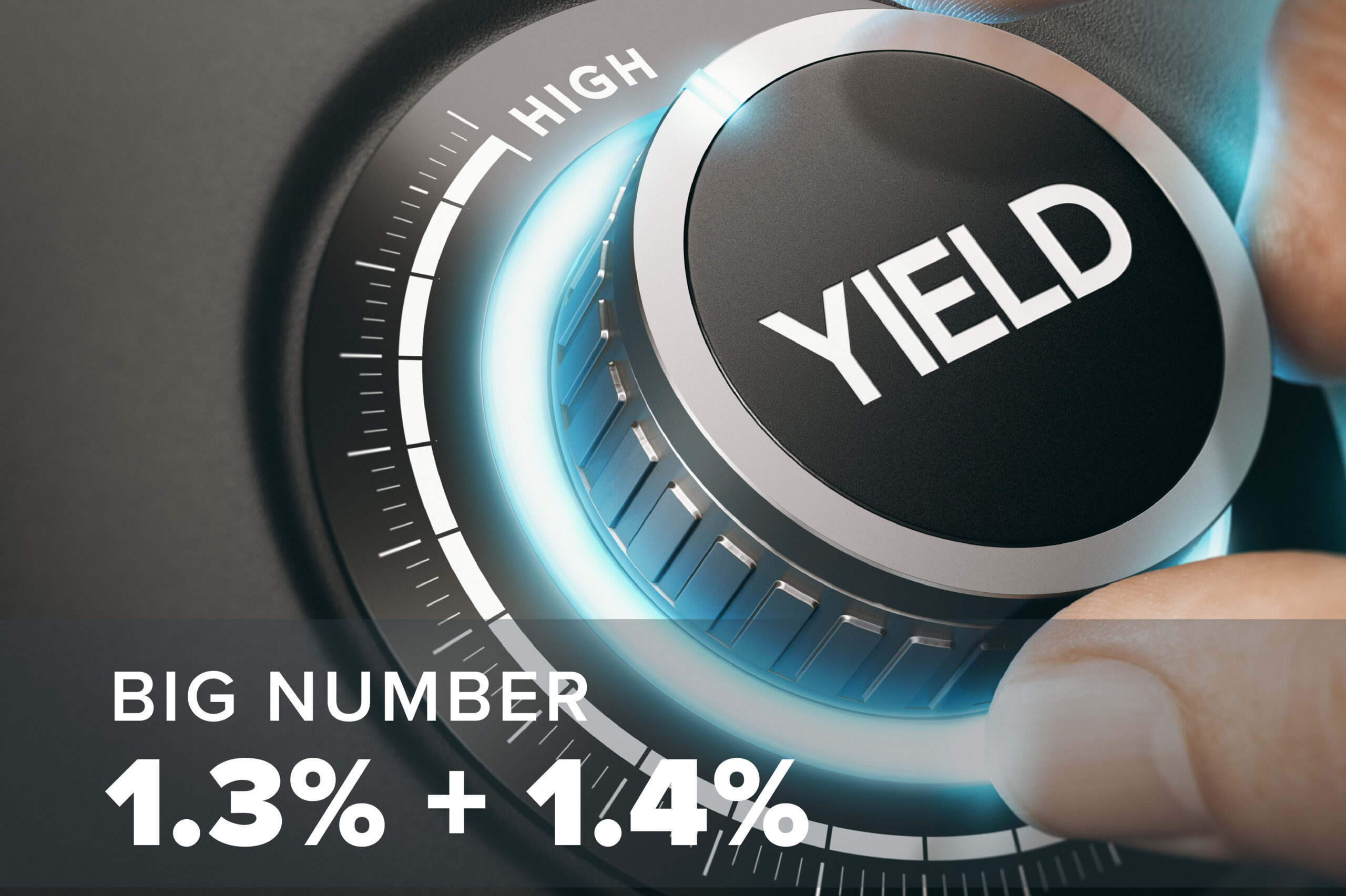
Could bond investors find the next few months to be “the most wonderful time of the year?” High-yield (or “junk”)
https://www.horizoninvestments.com/wp-content/uploads/2022/11/Zach-Hill-Fast-Take-FInal-Video.mp4 Hear Horizon’s thoughts on quarterly earnings, Fed policy, and market outlook. Disclosure: The commentary in this report is not

Investors won’t have to dip into their savings to pay for their Thanksgiving feasts this year, but they may choke on
Investors are shifting gears in the wake of good inflation news. Will it last? The tide is turning—maybe. Following last

The losers of the past are riding high—while yesterday’s winners appear to be out of gas. To sail to your

We’re more than halfway through the third-quarter earnings season, and thus far, the S&P 500 overall is reporting its worst year-over-year
The squeeze on homebuyers appears to be getting tighter by the month—which could spell trouble for multiple sectors of the
We all know that last week’s inflation report showed headline inflation continues to surge, with the consumer price index (CPI)
Central bankers have become laser-focused on crushing inflation. What could that mean for the economy and investors? Overview Investors found

Gain Strategies This year’s punishing price action across markets continued last quarter as global stocks (MSCI ACWI Index), and core
It’s a game of “catch me if you can” between investors and the Fed these days. For the most part,
Tomorrow, the Federal Reserve Board is set to announce its latest decision regarding interest rates. Will it be yet another
All eyes were once again on interest rates last week, as the European Central Bank (ECB)—the eurozone’s equivalent of the

https://www.horizoninvestments.com/wp-content/uploads/2022/09/Fast-Take-With-Zach-Hill.mp4 Hear Horizon’s view of the markets as we head into the fall, along with our expectations around Fed policy,

Demand for new homes is way down. What does that mean for investors? New home sales plunged in July, falling

Historical Recessions Given the increase in signs of a cooling economy, this study aims to explain what typically happens before
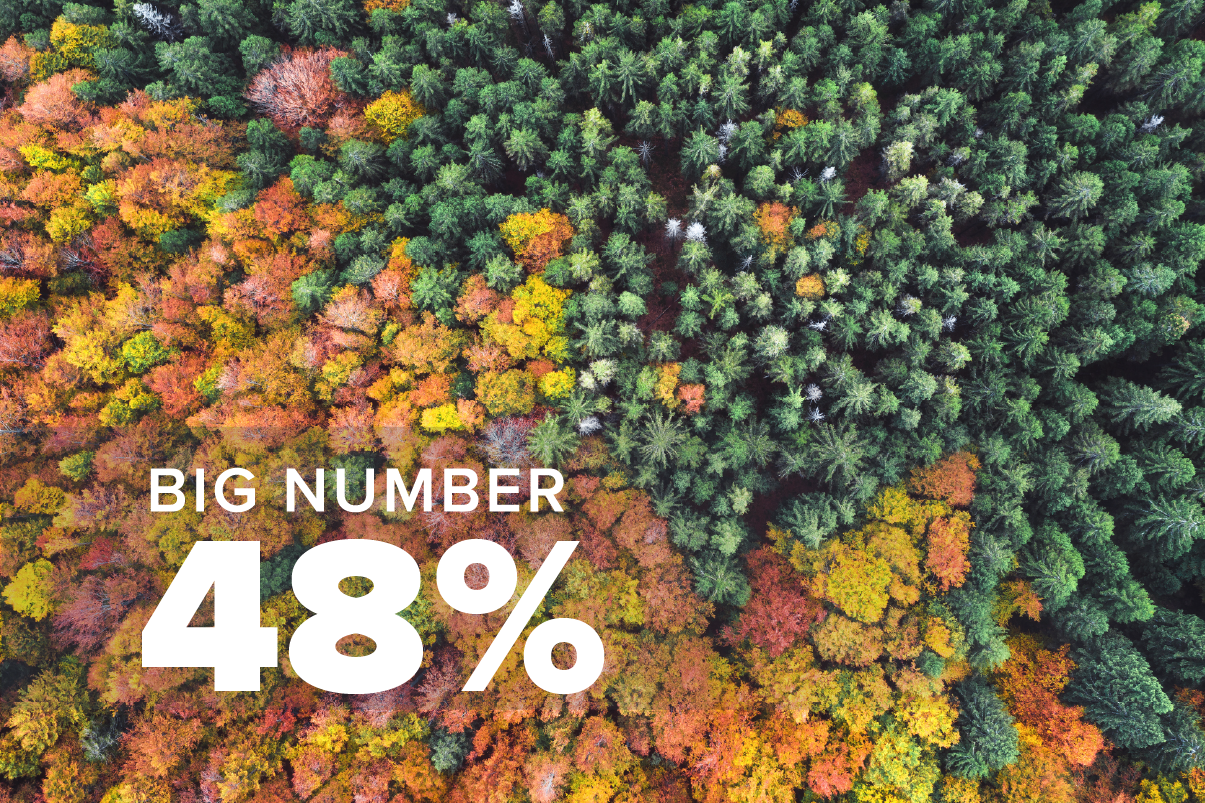
It’s a safe assumption that when Bob Dylan sang “the first one now will later be last,” he didn’t have
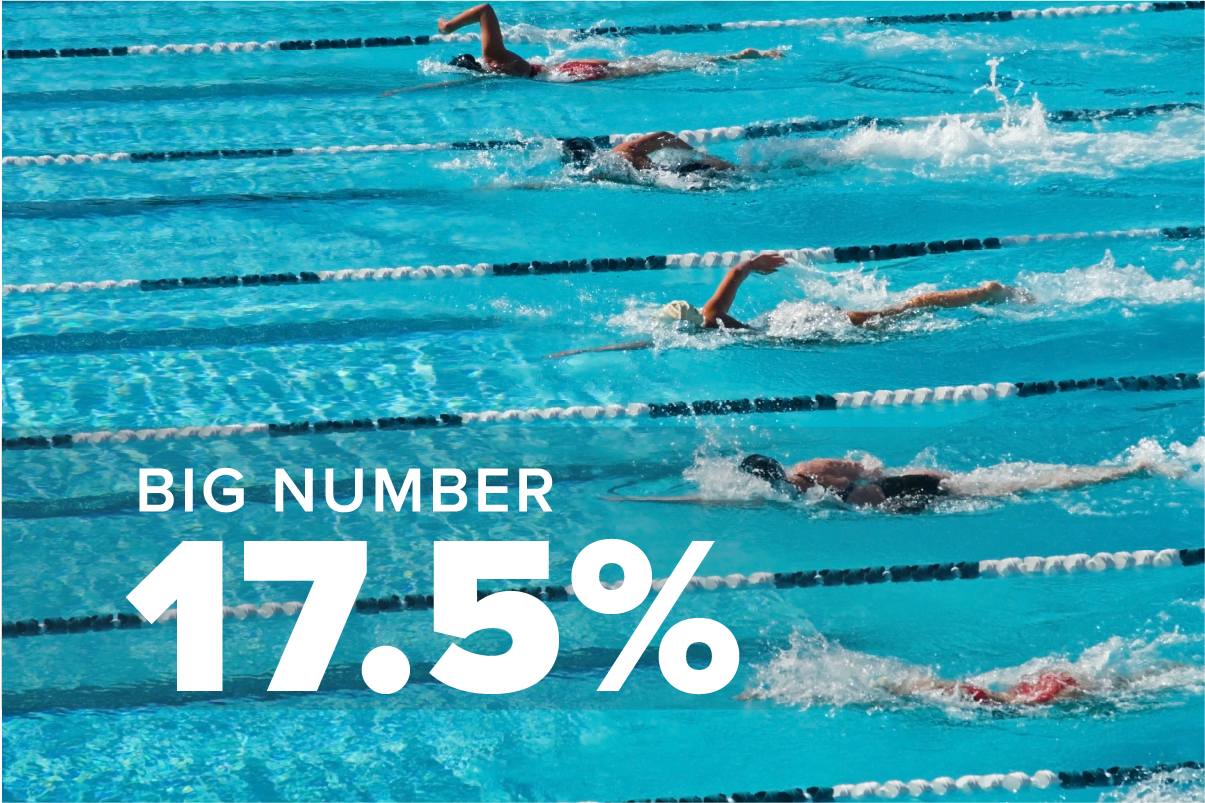
What a difference a couple of months can make. Since hitting its low point (closing price) for the year on

Is More Volatility Coming Down the Pike? Investors looking for greater clarity about the road ahead for equities—and a break

As investors digested both the Fed’s decision to raise interest rates by another 75 basis points and the news that

The U.S dollar continues its steady march higher, up 14.7% during the past 12 months. That sharp rise, coupled with

Overview Investors faced a wall of worry during the second quarter that proved to be insurmountable for stocks, bonds

Gain Strategies The second quarter of 2022 was another difficult one for asset markets as investors continue to grapple
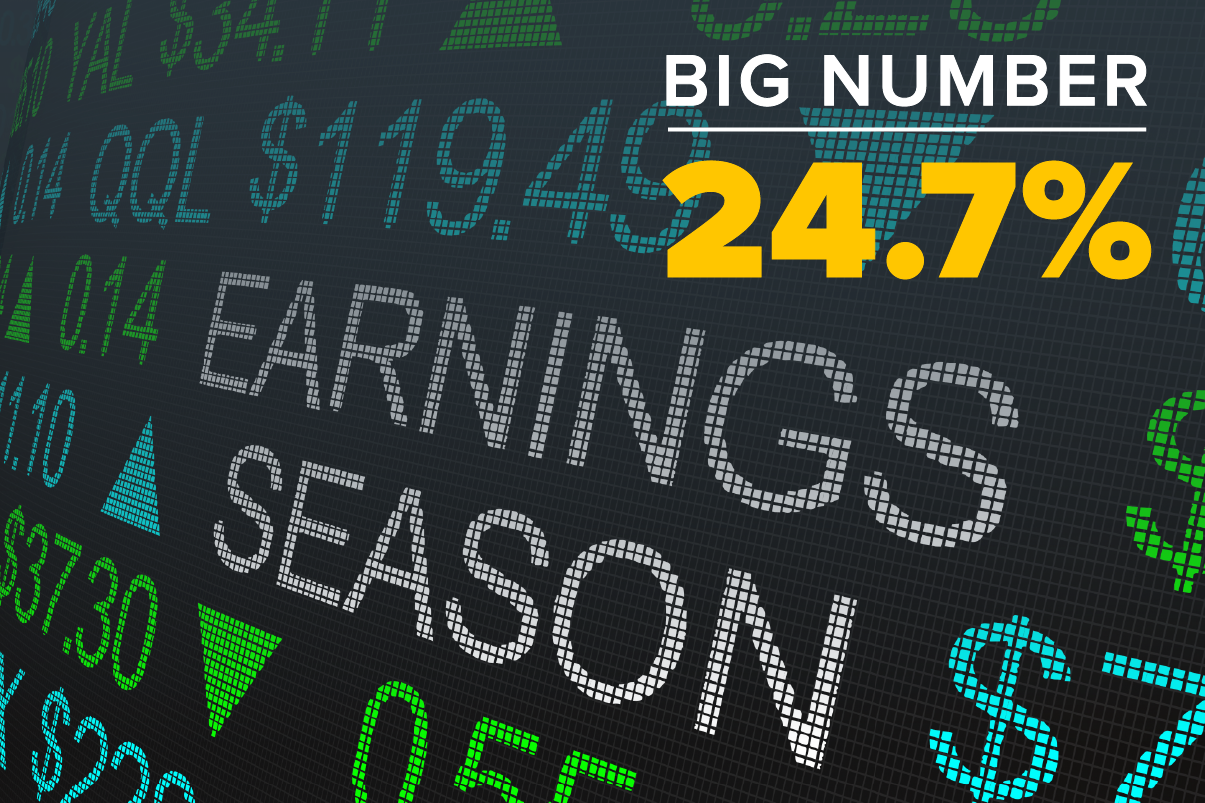
Over the next few weeks, a steady stream of second-quarter earnings reports will reveal how companies have navigated historically high
The S&P 500 hasn’t seen two consecutive quarters of negative returns since the global financial crisis—until now, that is. The
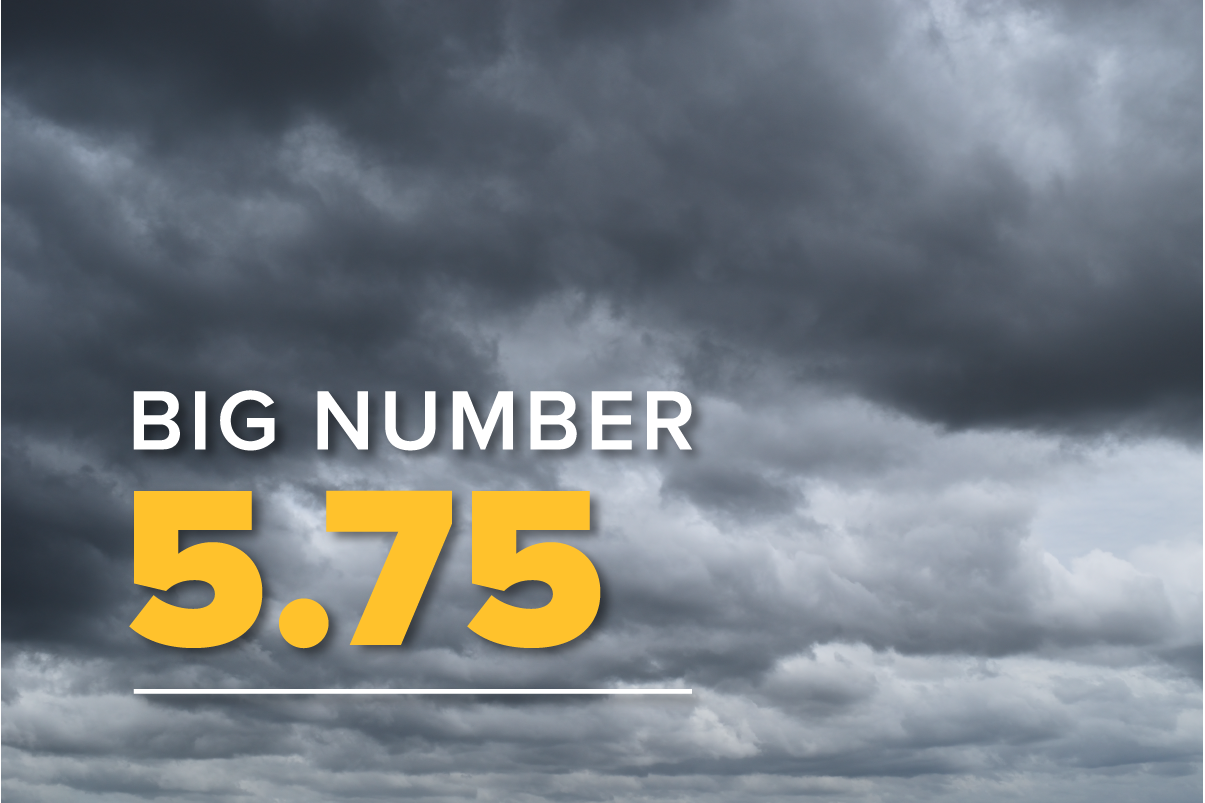
Economists surveyed by the Wall St. Journal now say there’s a 44% chance of a recession—up from just 18% in
Red-hot inflation, and the Fed’s now-aggressive efforts to fight it, are pushing up mortgage rates at their fastest pace on

American workers are reliving the past – and that’s a potentially big problem. The reason: Real wages adjusted for inflation
Equity markets sent investors smiling into the Memorial Day weekend, thanks to the biggest weekly gains for the S&P 500
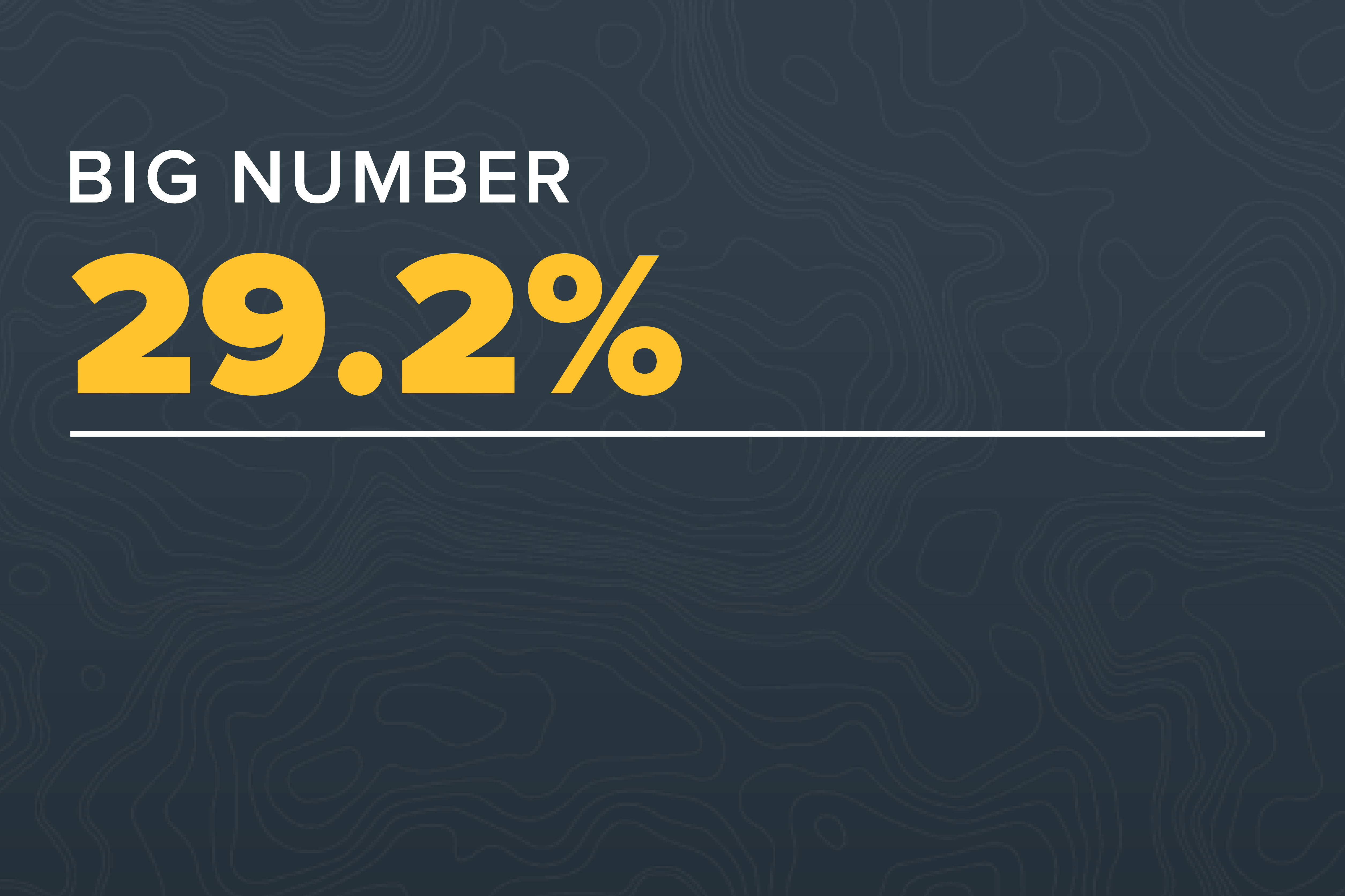
With the Nasdaq plummeting 27.2% and the S&P 500 Growth Index close behind at -26.2%, growth stock investors have taken
https://www.horizoninvestments.com/wp-content/uploads/2022/05/Horizon-Investmenst-Mid-Quarter-Update-Small.mp4
Investors in balanced portfolios these days may feel like they’ve fallen off a tightrope. The classic portfolio of 60 percent
Scott Ladner talks macroeconomics and a global view on markets with Ausbiz.
Investors have been dumping high growth stocks for weeks, due to worries about inflation, rising interest rates and a potential
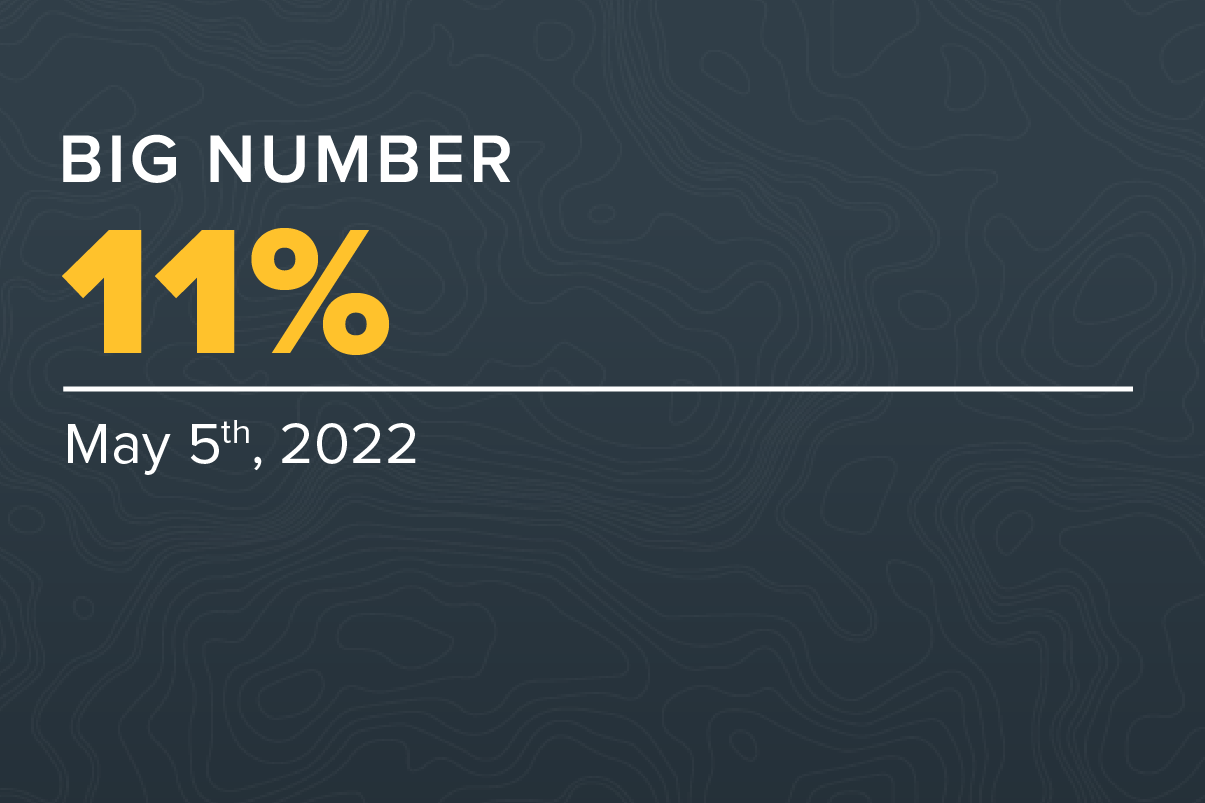
Investors liked what they heard from the Fed this week. The Federal Reserve Board raised the Federal Funds Rate by

Bonds are usually thought of as a safe haven for investors due to their lower risk/ lower return profile. For investors

No doubt about it: Fixed-income investors are spooked. Volatility in U.S. Treasuries has soared this year. As seen in the

The truth is, individual investors today don’t care as much about exposures as they do outcomes. They’re asking how to

We know that in Preservation, clients either ask or at least ponder: What product gives me all the upside and

Kahneman’s Behavioral Approach Noise: an unwanted variability in decision-making. Ask yourself, when am I at my best? Are you a

Investment professionals rarely agree on the risks and direction of markets, yet many would agree that planning for retirement is

We see active financial advice as the new reality. Not robo. Not passive. But active! Today, we can see an
As Americans become more comfortable with Covid-19’s transition from pandemic to endemic, two of our key expectations for this year
Now that the Federal Reserve Board has started raising rates, the upcoming first quarter earnings season could arguably be one
Listen to what Scott Ladner, Horizon CIO, and Kevin O’Leary, O’Shares, say about hedging against rising inflation.
Investors sure are a gloomy bunch these days. How downbeat are they? According to the AAII Investor Sentiment Survey1 (a

As expected, the Federal Reserve Board on Wednesday raised the target range of the federal funds rate—a key short-term interest


Inflation sticker shock is spreading; 55% of the items in the Consumer Price Index have an annual inflation rate of at least 5% in October.

Many investors and financial advisors are still in the dark on what ESG factor investing means and how quickly the data behind this style of investing…

Inflation sticker shock is spreading; 55% of the items in the Consumer Price Index have an annual inflation rate of at least 5% in October.

Inflation sticker shock is spreading; 55% of the items in the Consumer Price Index have an annual inflation rate of at least 5% in October.

Inflation sticker shock is spreading; 55% of the items in the Consumer Price Index have an annual inflation rate of at least 5% in October.
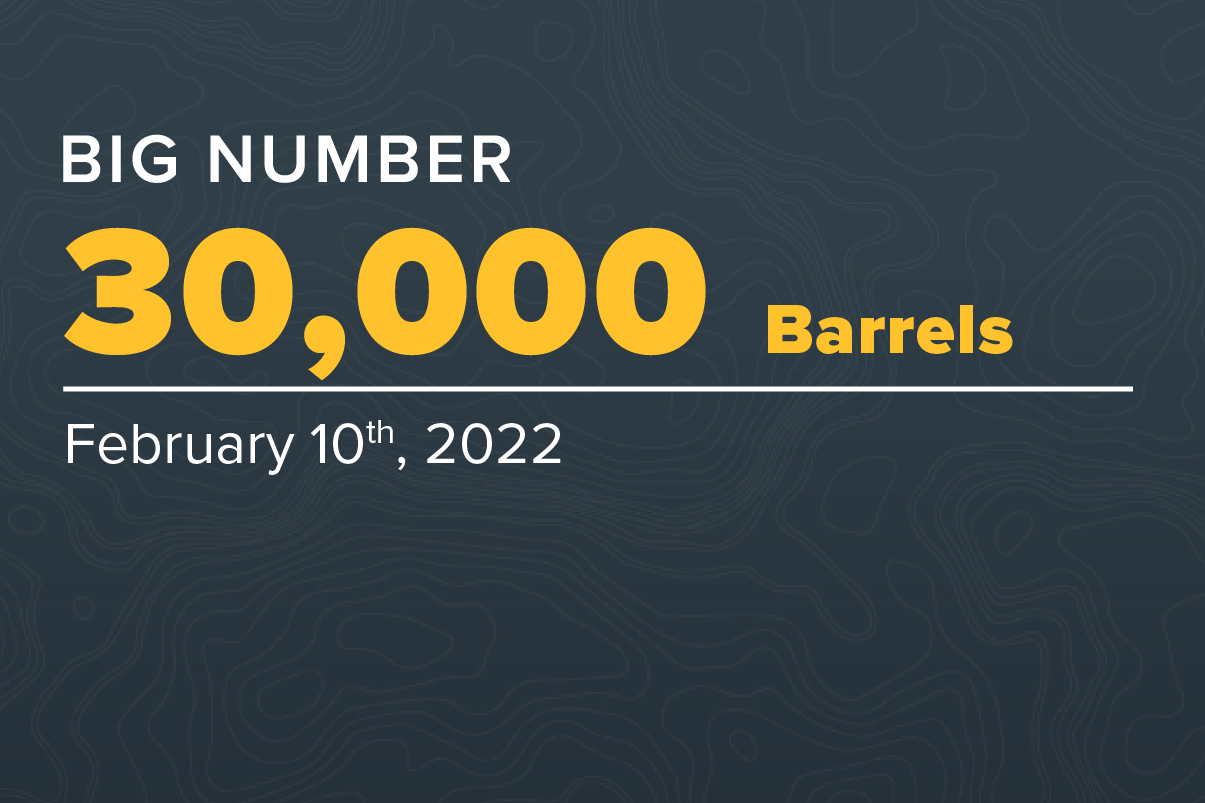
Inflation sticker shock is spreading; 55% of the items in the Consumer Price Index have an annual inflation rate of at least 5% in October.

Inflation sticker shock is spreading; 55% of the items in the Consumer Price Index have an annual inflation rate of at least 5% in October.

Inflation sticker shock is spreading; 55% of the items in the Consumer Price Index have an annual inflation rate of at least 5% in October.
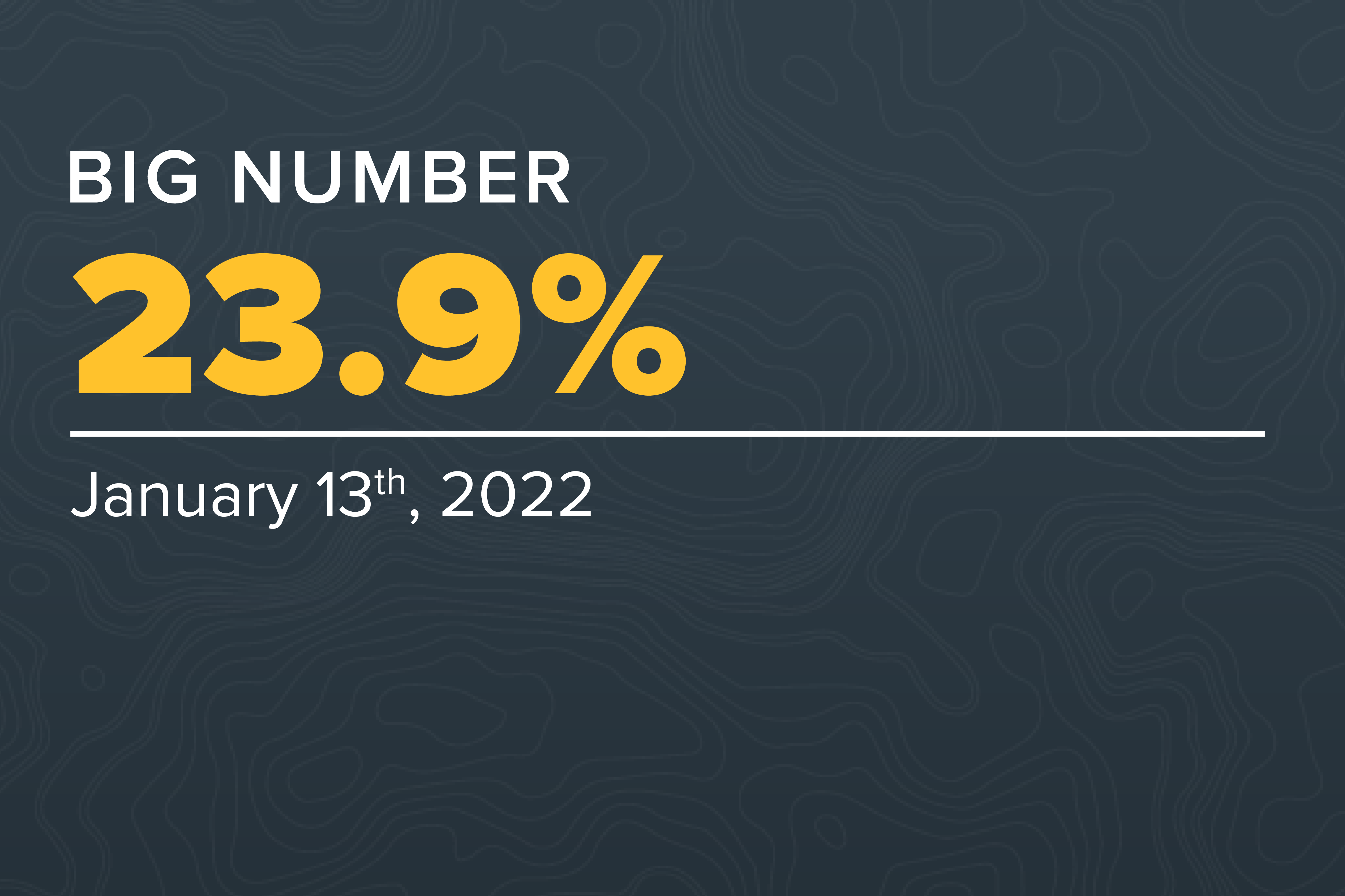
Inflation sticker shock is spreading; 55% of the items in the Consumer Price Index have an annual inflation rate of at least 5% in October.

Inflation sticker shock is spreading; 55% of the items in the Consumer Price Index have an annual inflation rate of at least 5% in October.
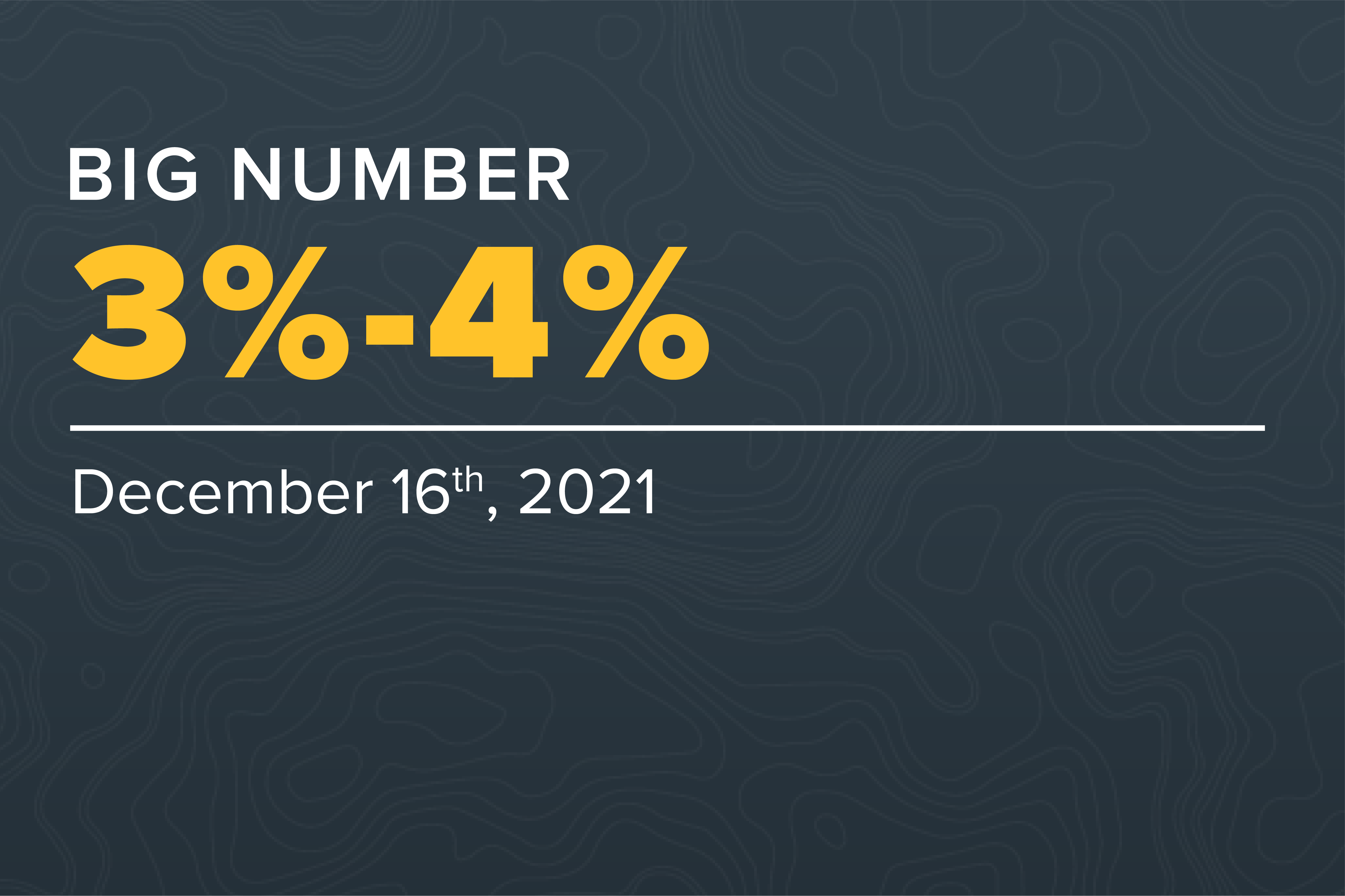
Inflation sticker shock is spreading; 55% of the items in the Consumer Price Index have an annual inflation rate of at least 5% in October.
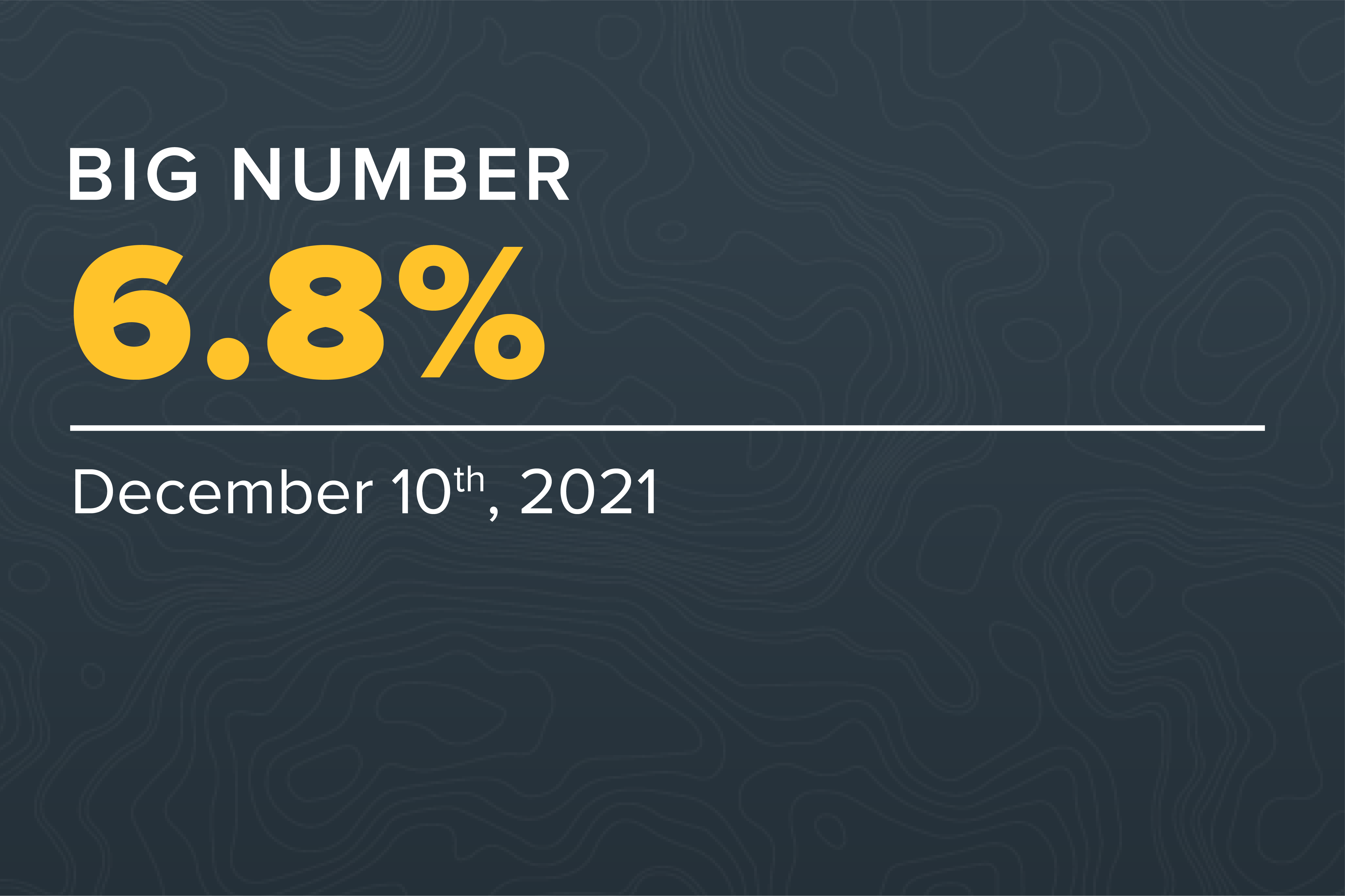
Inflation sticker shock is spreading; 55% of the items in the Consumer Price Index have an annual inflation rate of at least 5% in October.
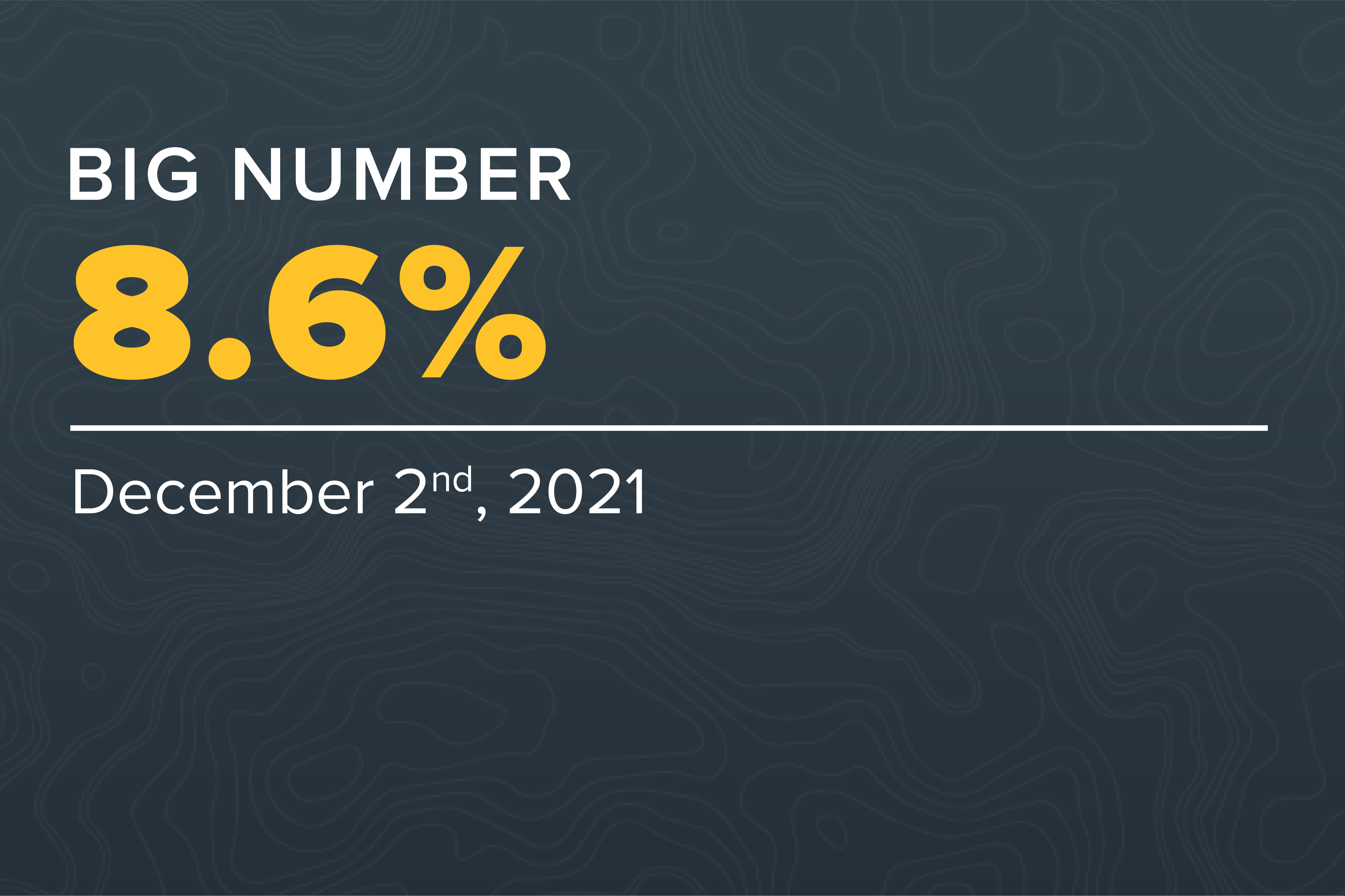
Inflation sticker shock is spreading; 55% of the items in the Consumer Price Index have an annual inflation rate of at least 5% in October.
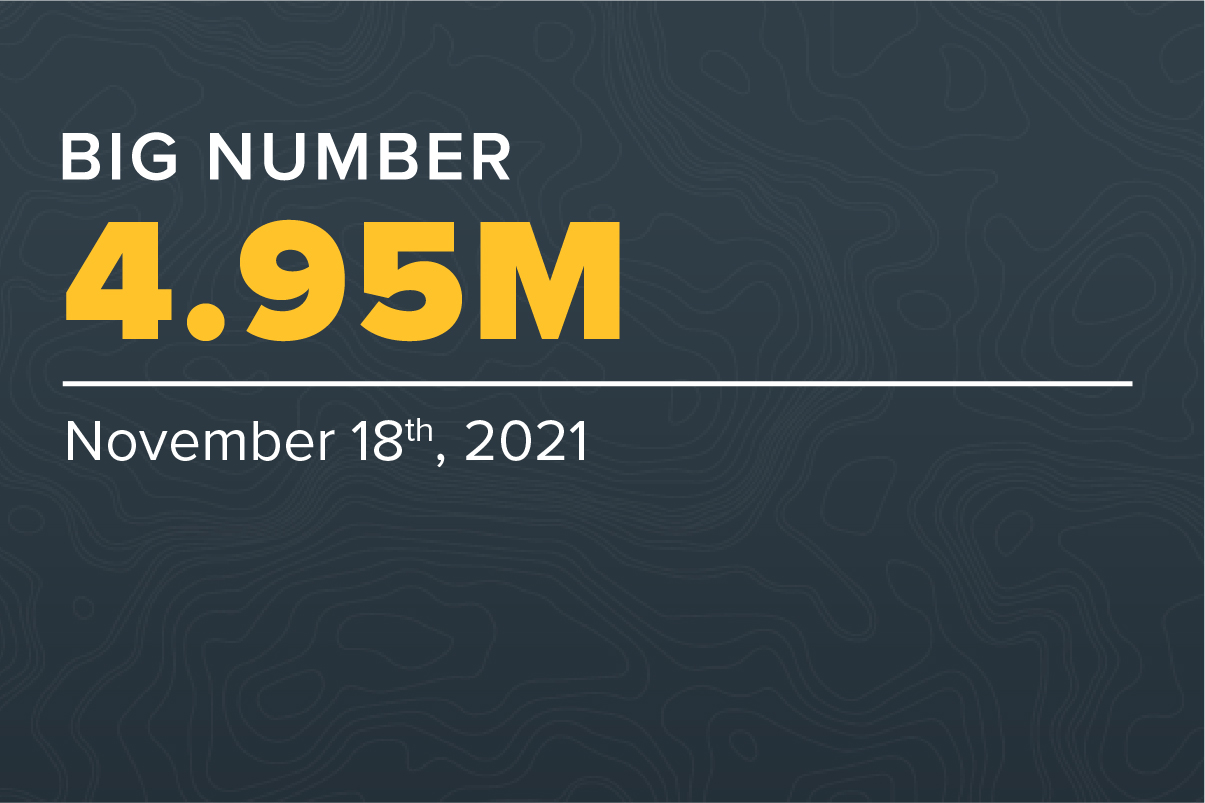
Inflation sticker shock is spreading; 55% of the items in the Consumer Price Index have an annual inflation rate of at least 5% in October.
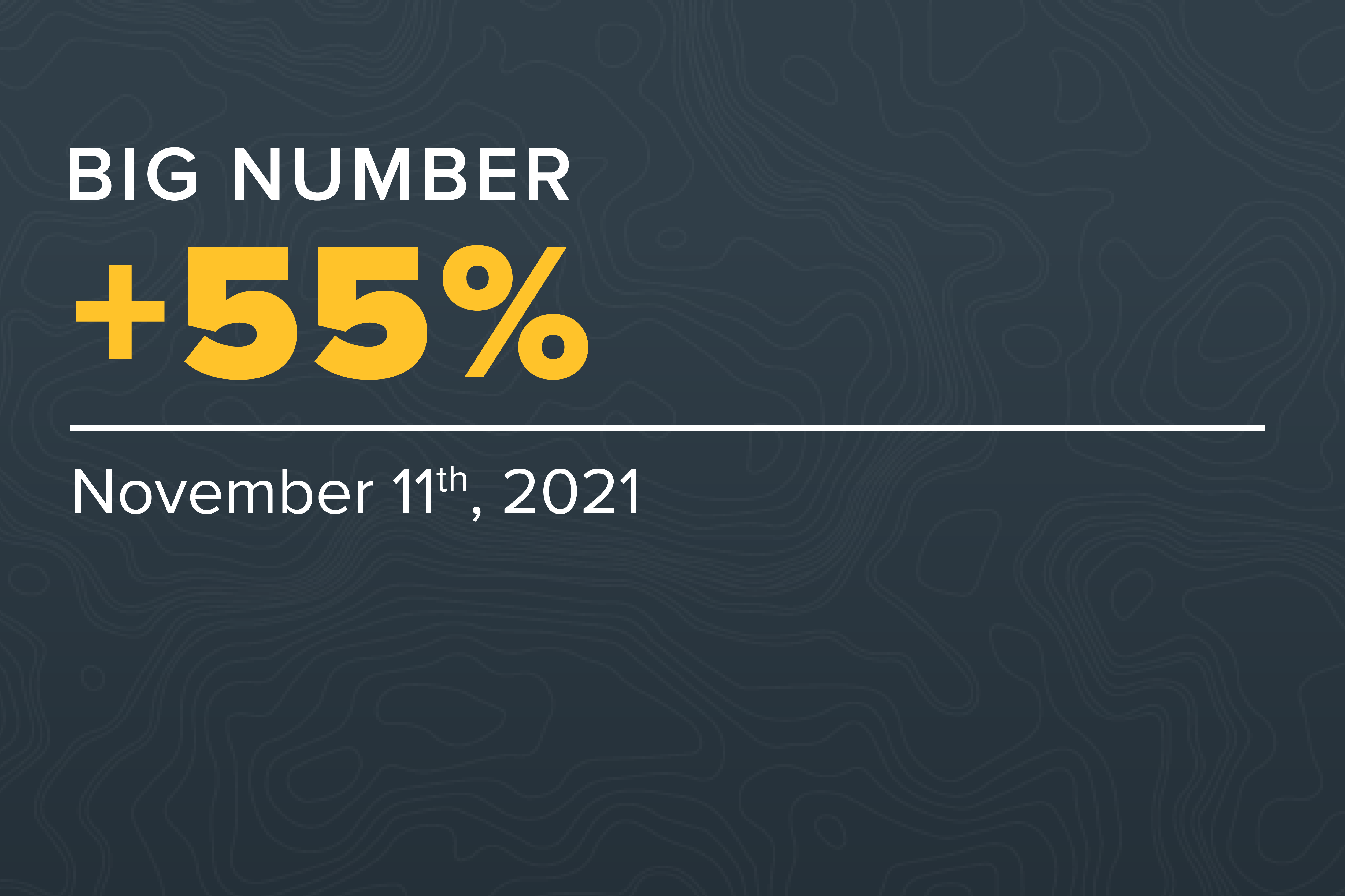
Inflation sticker shock is spreading; 55% of the items in the Consumer Price Index have an annual inflation rate of at least 5% in October.
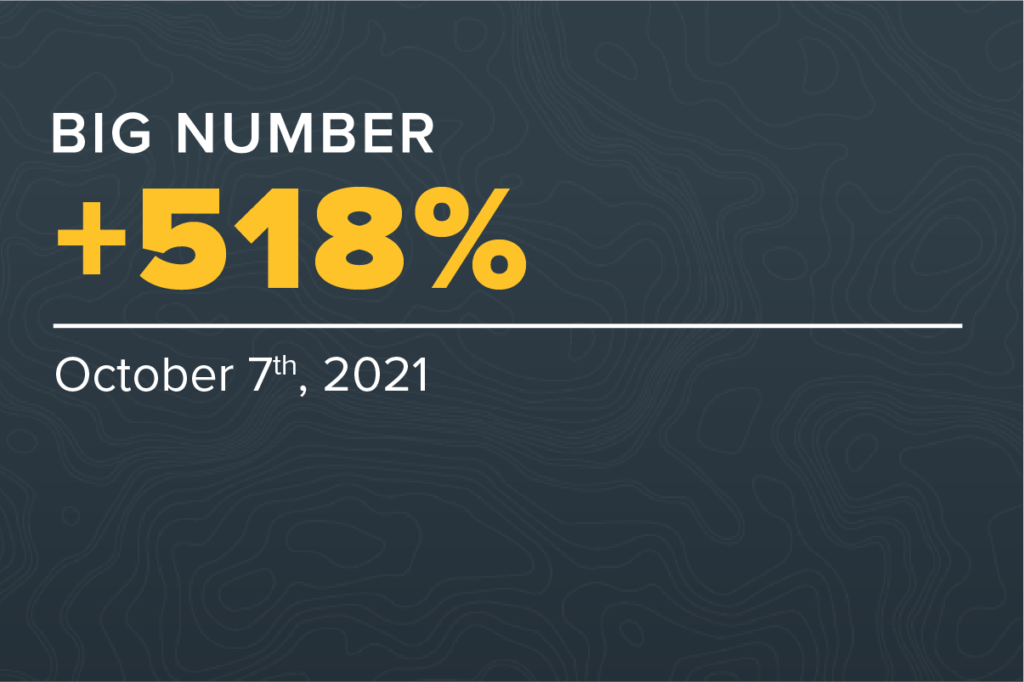
Eye-popping jumps in energy prices worldwide has some people proclaiming we’re in a replay of the stagflation of the 1970s. That view ignores substantial changes…
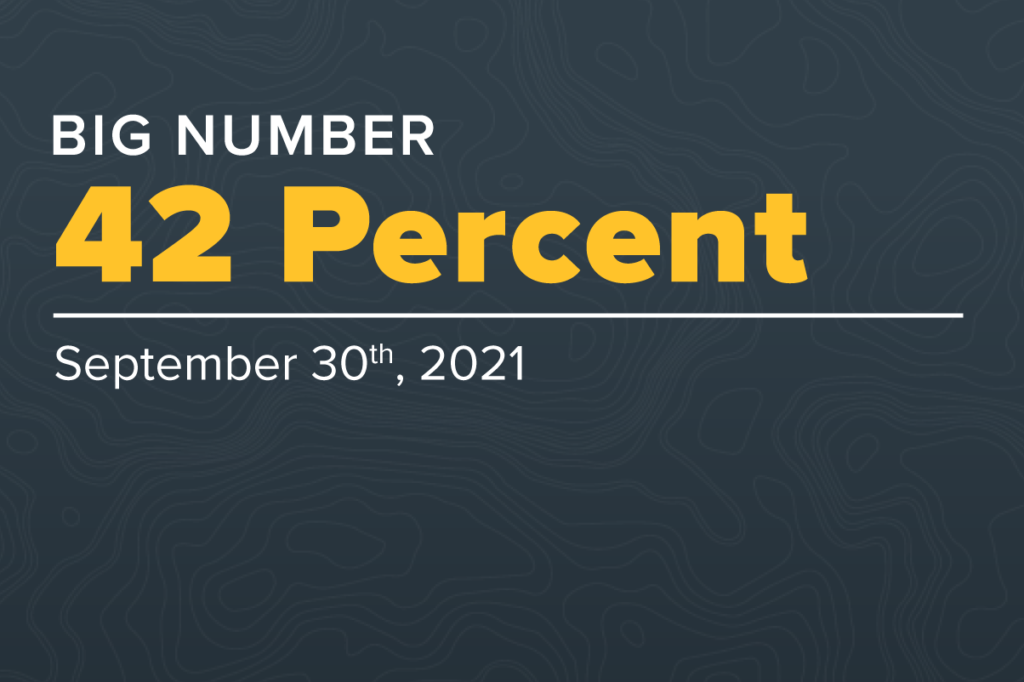
From the youngest to the oldest American workers – GenZ to Baby Boomers – their greatest fear about retirement is…
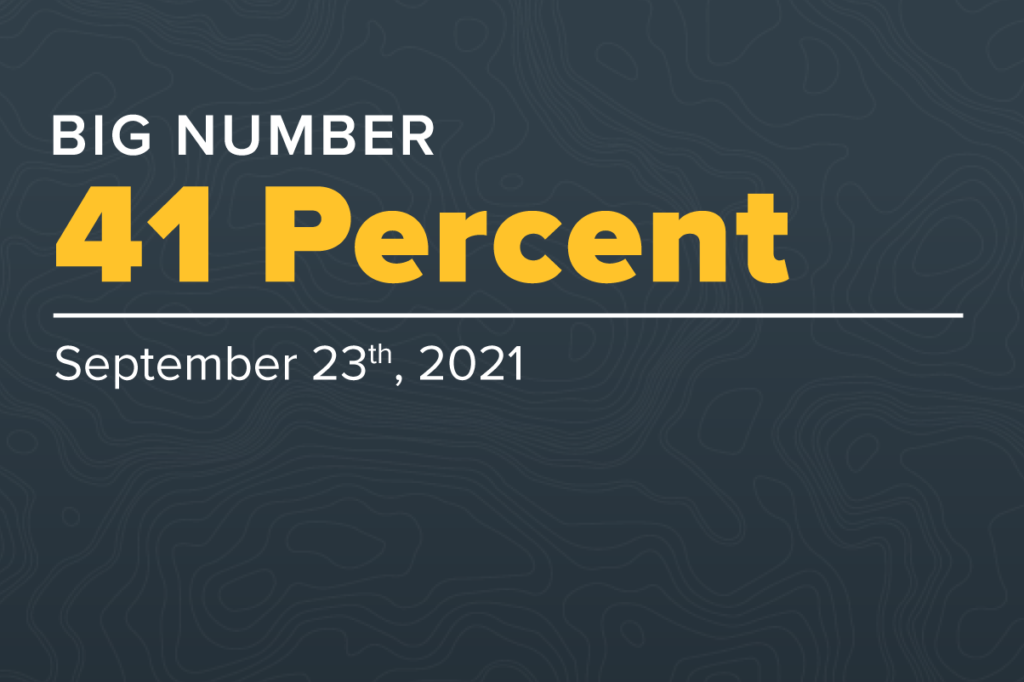
A large swath of the GenX population, many of whom are 20 years or less from the end of their working careers, say they don’t think they are going…
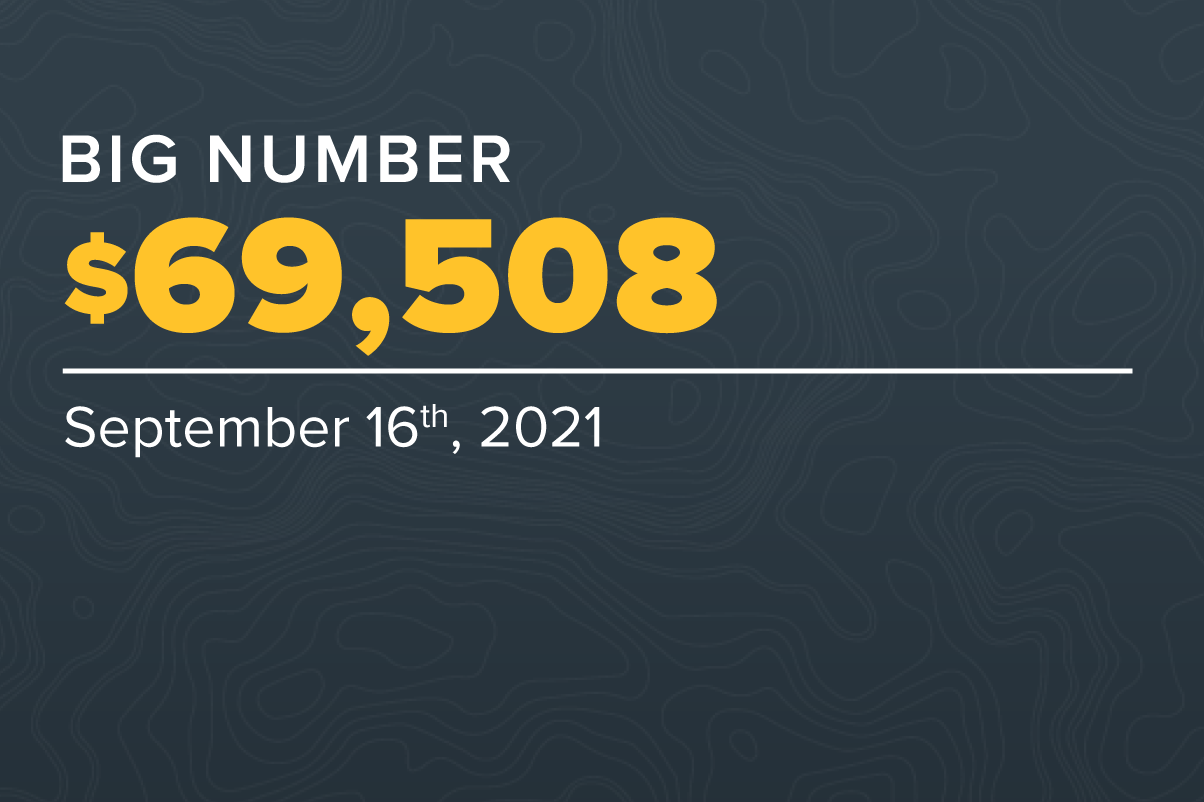
The march higher in the cost of home health, assisted living or nursing home services continues. The blended cost of providing a year’s worth…
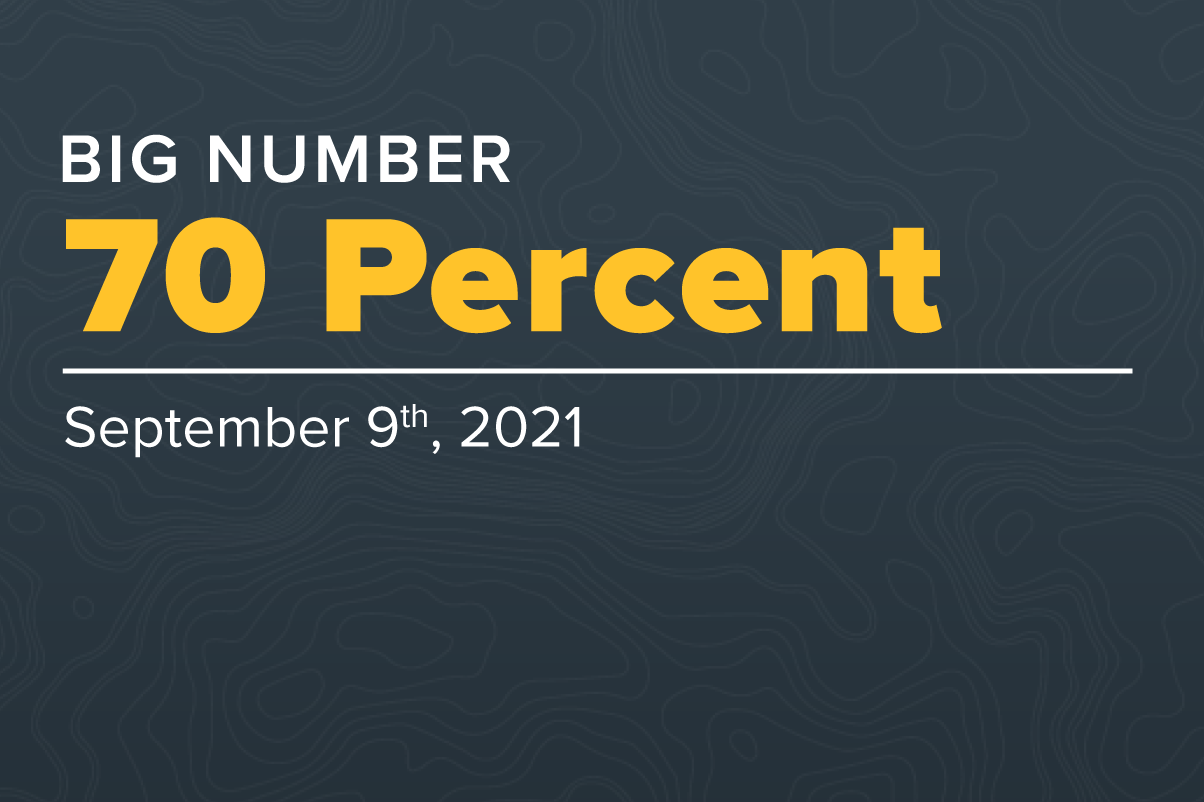
American workers just got another jolt of bad news about the financial health of Social Security. A recent report moved up the program’s insolvency date…
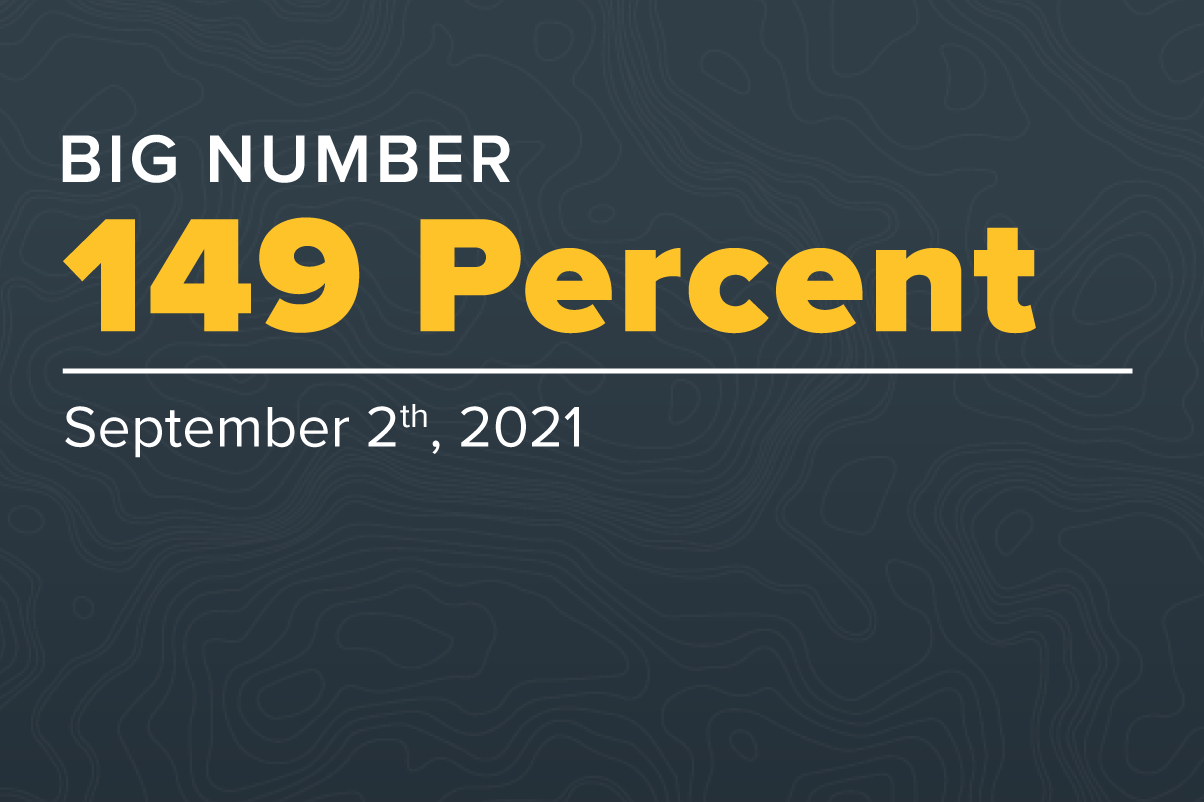
Federal Reserve Chairman Jay Powell repeated his view at last week’s Jackson Hole meeting that the jump in inflation would be “transitory” as supply…
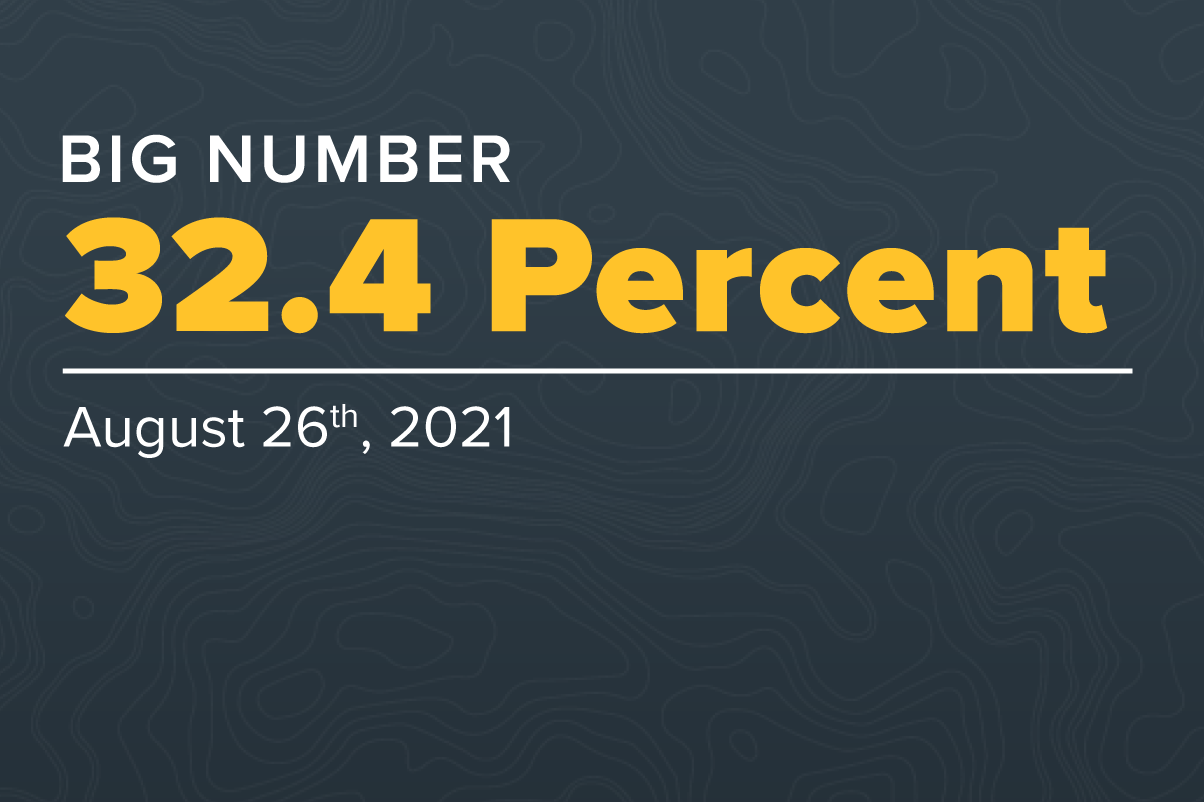
There’s a record-breaking chasm opening up between American and Chinese stocks this year. The SPDR S&P 500 ETF (SPY) is outperforming…
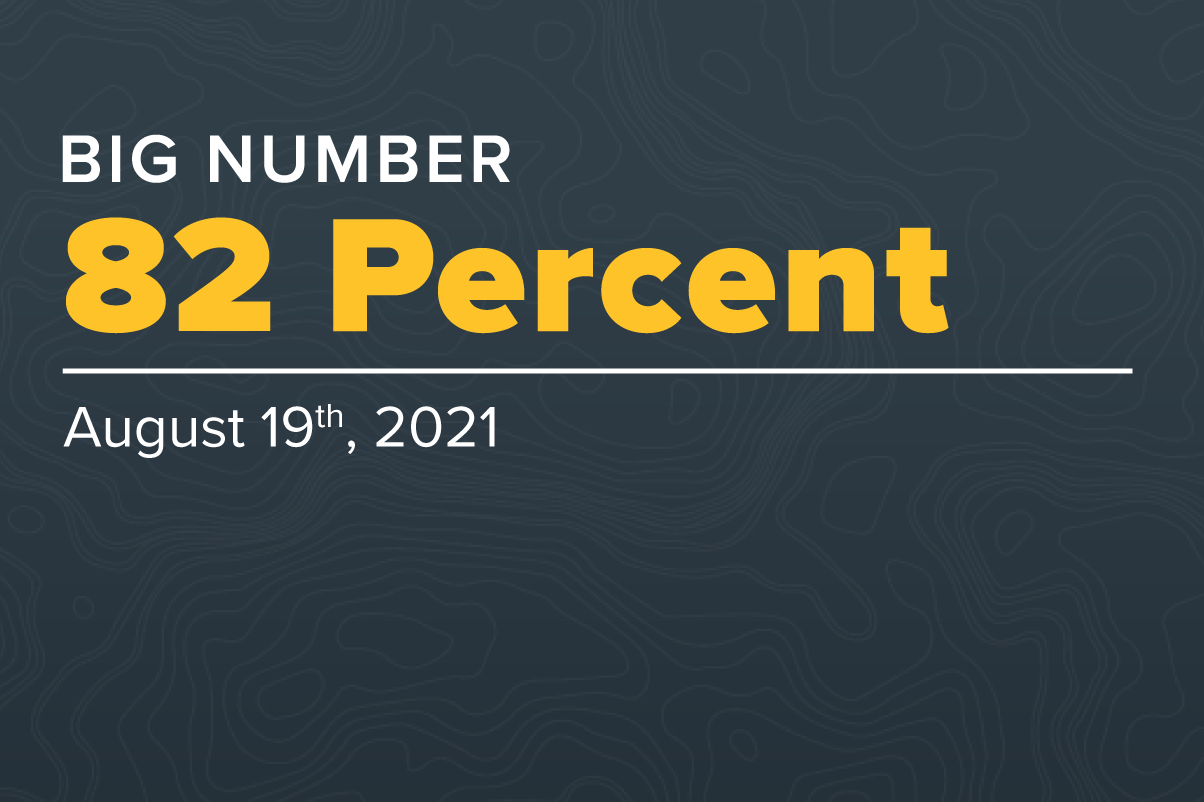
The Baby Boomer retirement wave, egged on by Covid, rolls on. Another 248,000 Americans over the age of 65 left the labor force last month…
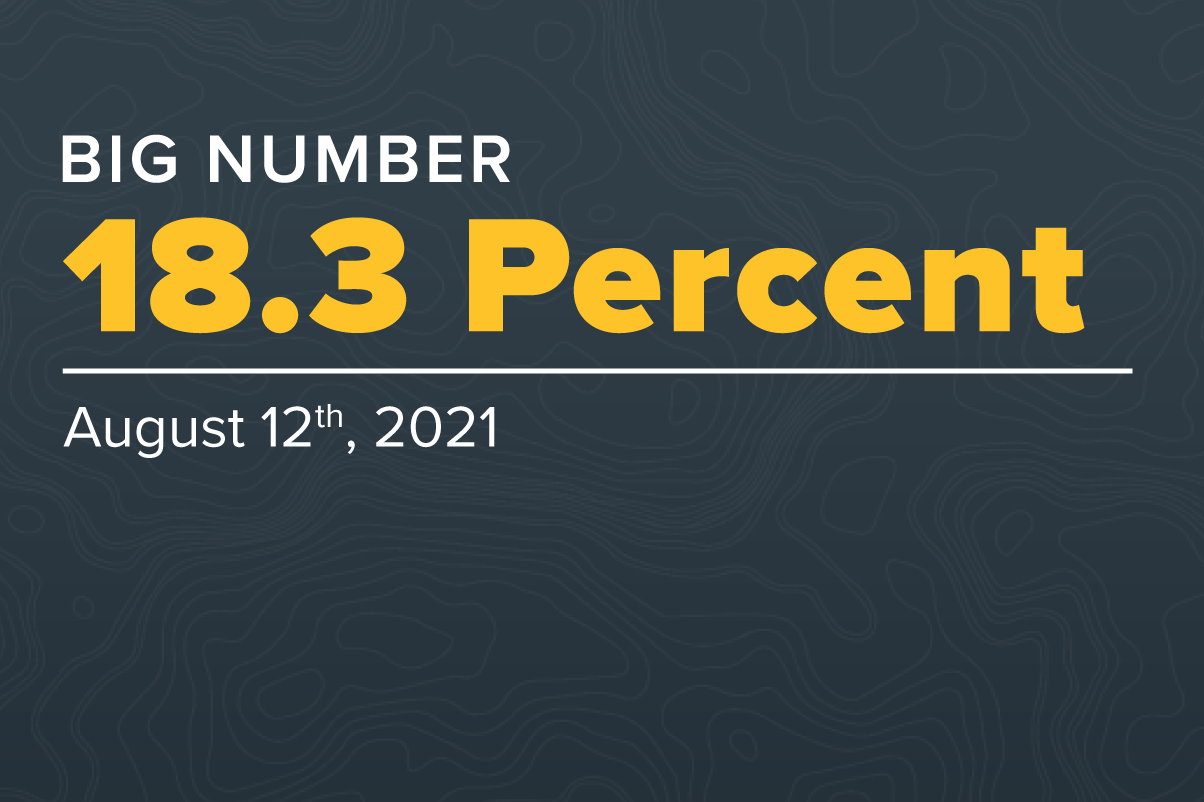
The Baby Boomer retirement wave, egged on by Covid, rolls on. Another 248,000 Americans over the age of 65 left the labor force last month…
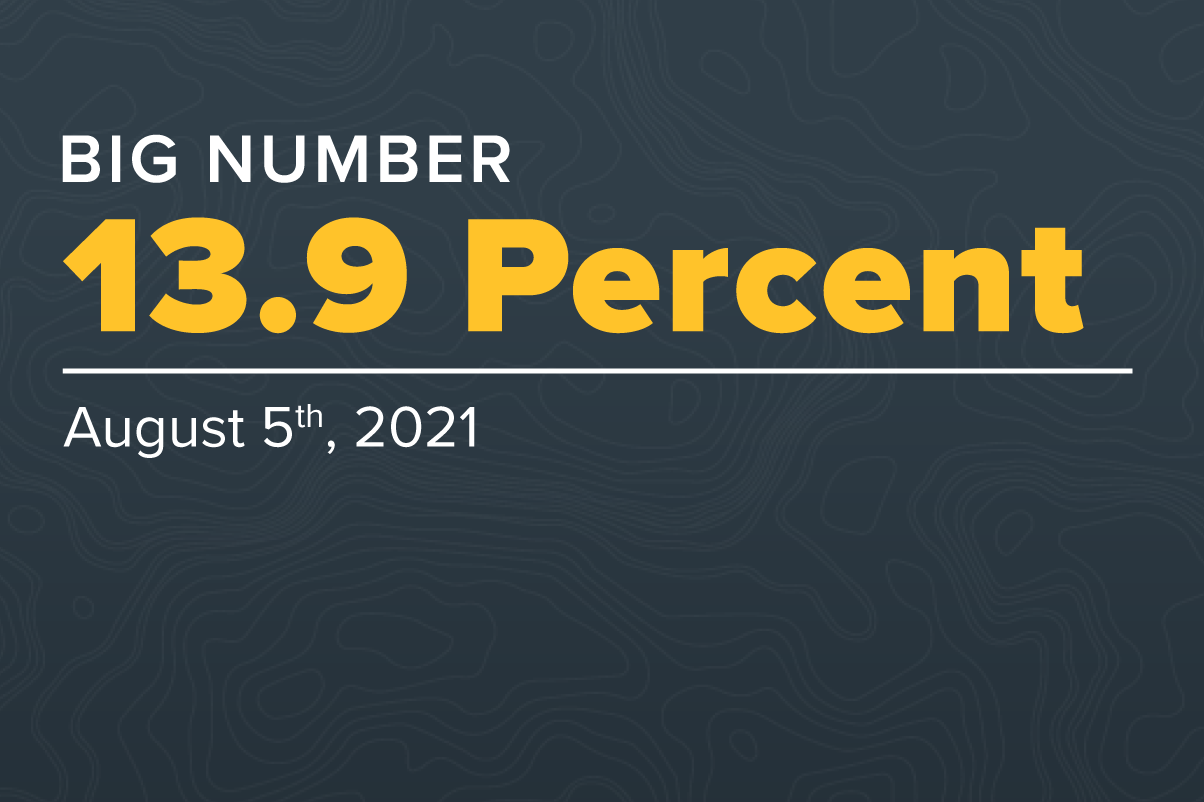
You’ve likely heard that second quarter profits are surging, driven by easy year-over-year comparisons and the reopening of the economy…

Target date funds operate under the assumption that someone’s asset allocation should follow a glide path, automatically shifting a portfolio…
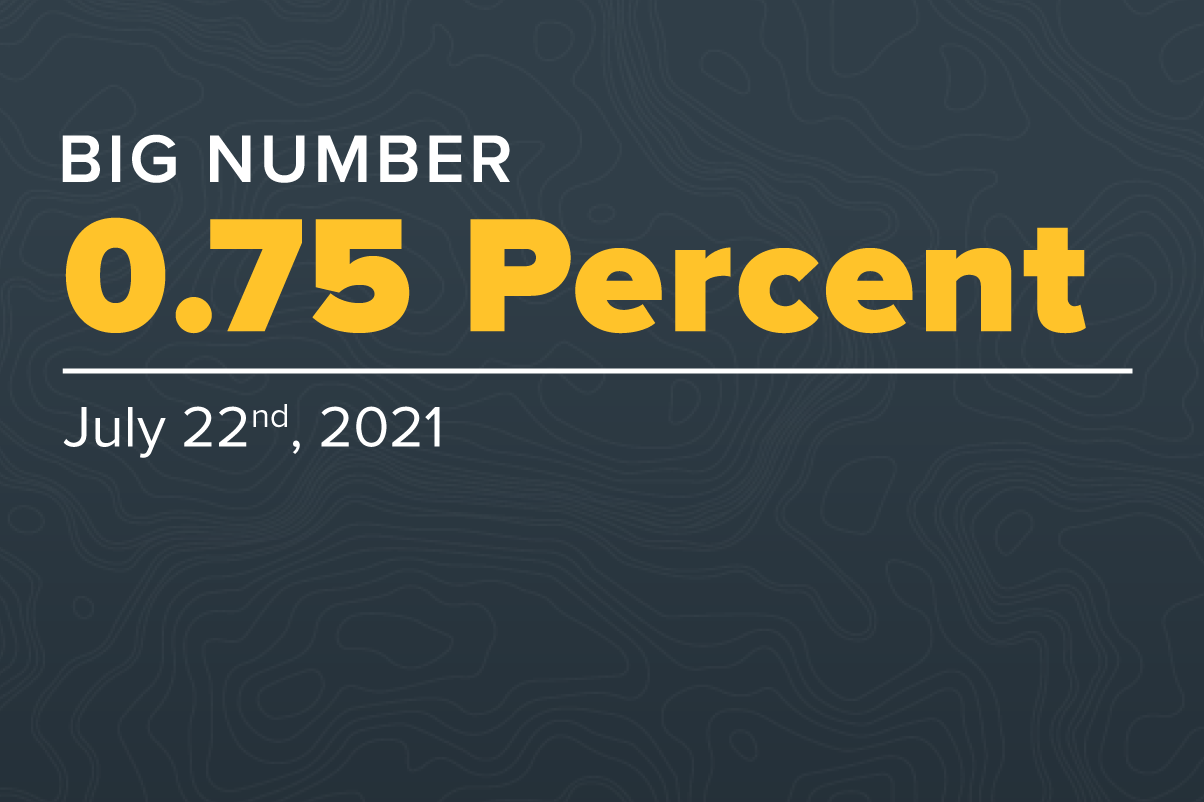
Yet another setback for retirees who view traditional fixed-income investments as a secure way to fund a long retirement…
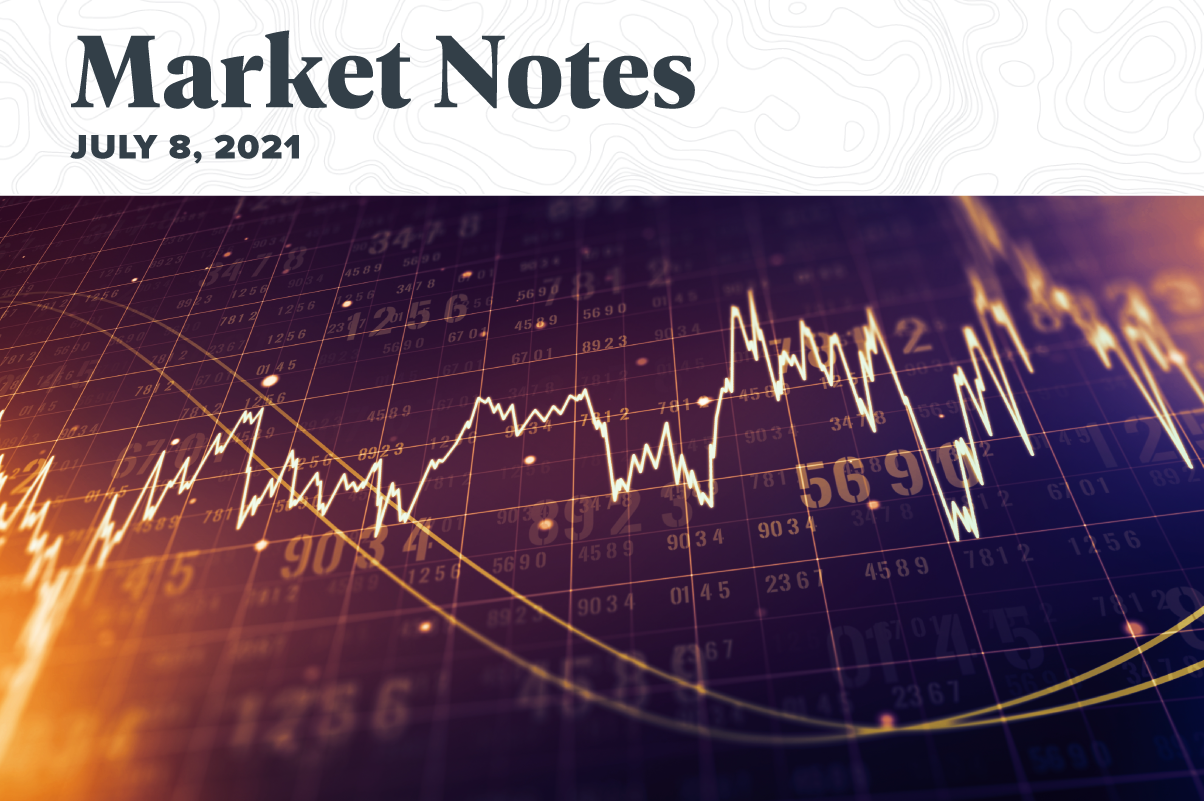
The July 4th holiday’s fireworks extended into the work week on Wall Street. The 10-year Treasury note rallied further and faster than many…

The Federal Reserve’s meeting last week sparked a selloff in stocks and bonds as the central bank’s projections showed it may bump up interest rates..
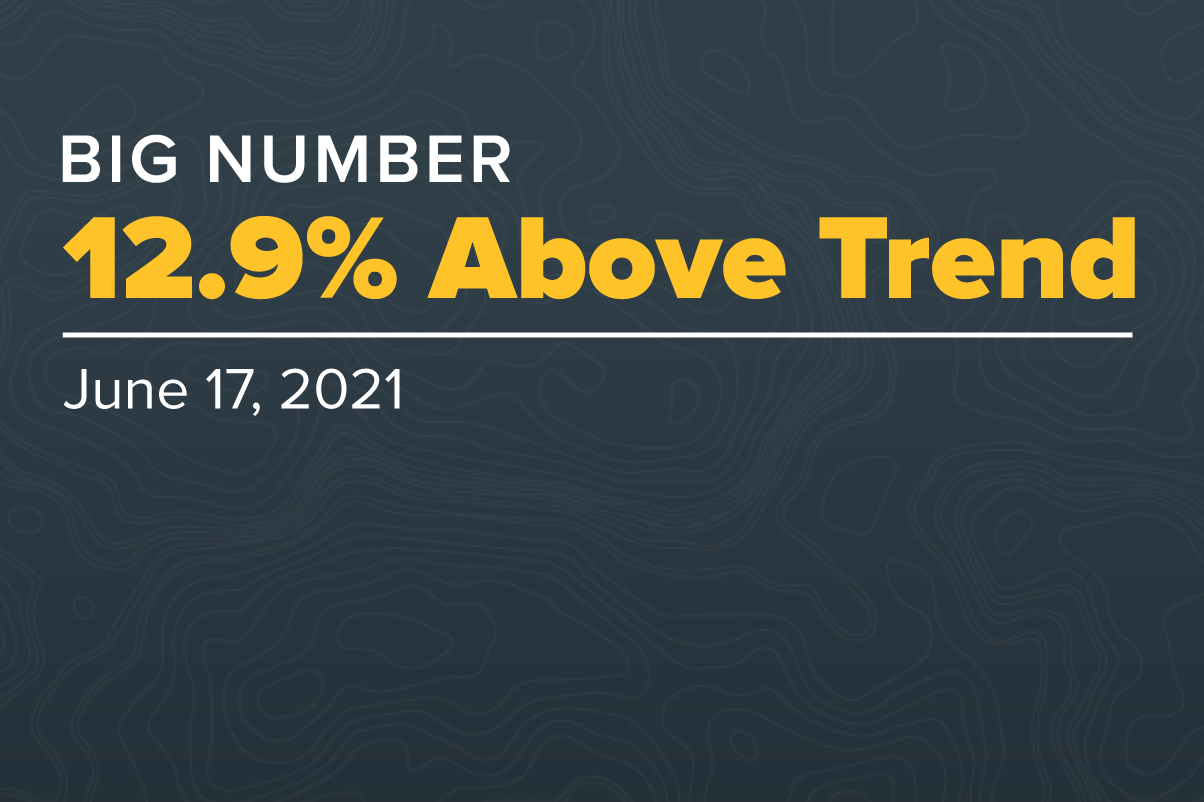
Capturing the pandemic’s weird real-world effects is reflected in how high above trend retail sales are, at 12.9%, versus how far…
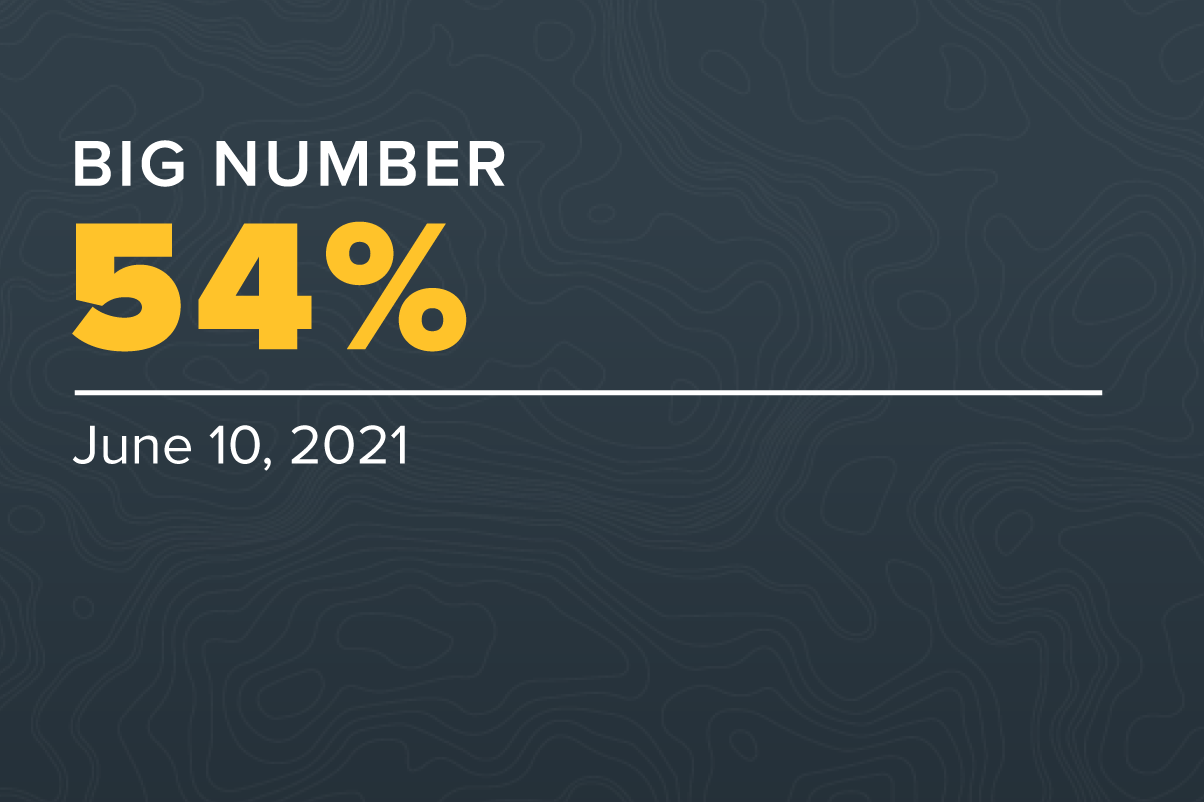
Bidding wars for homes has soured people on reaching for the American dream: for the first time in nearly 40 years, a majority of…
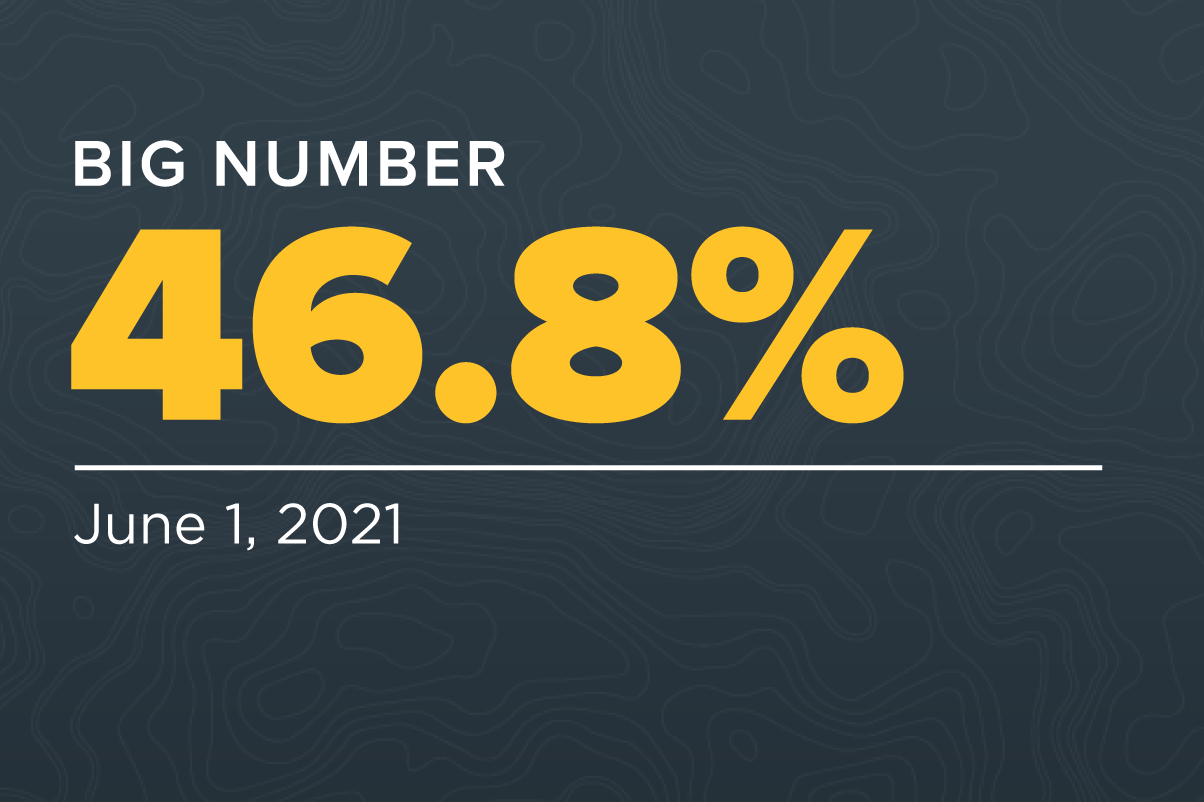
What was a rumbling of change in the last few years is now barreling into the mainstream with widespread name recognition of Bitcoin and…
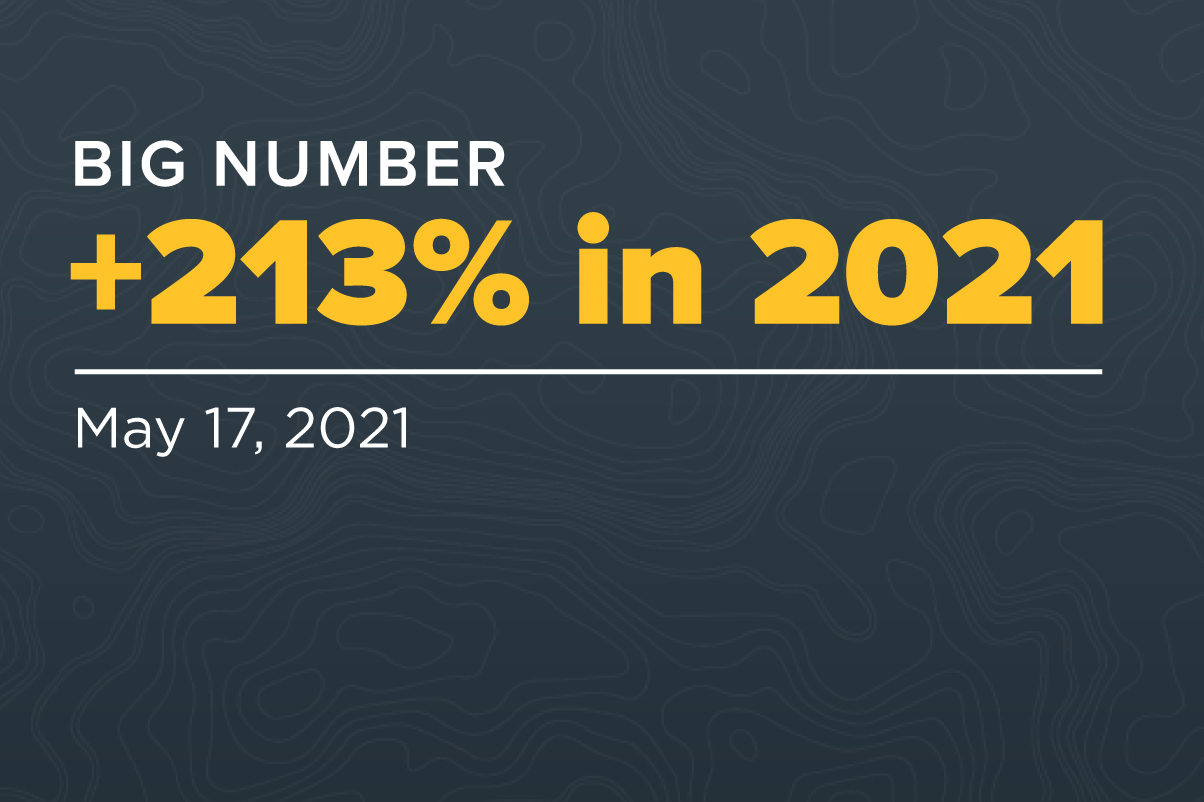
What was a rumbling of change in the last few years is now barreling into the mainstream with widespread name recognition of Bitcoin and…
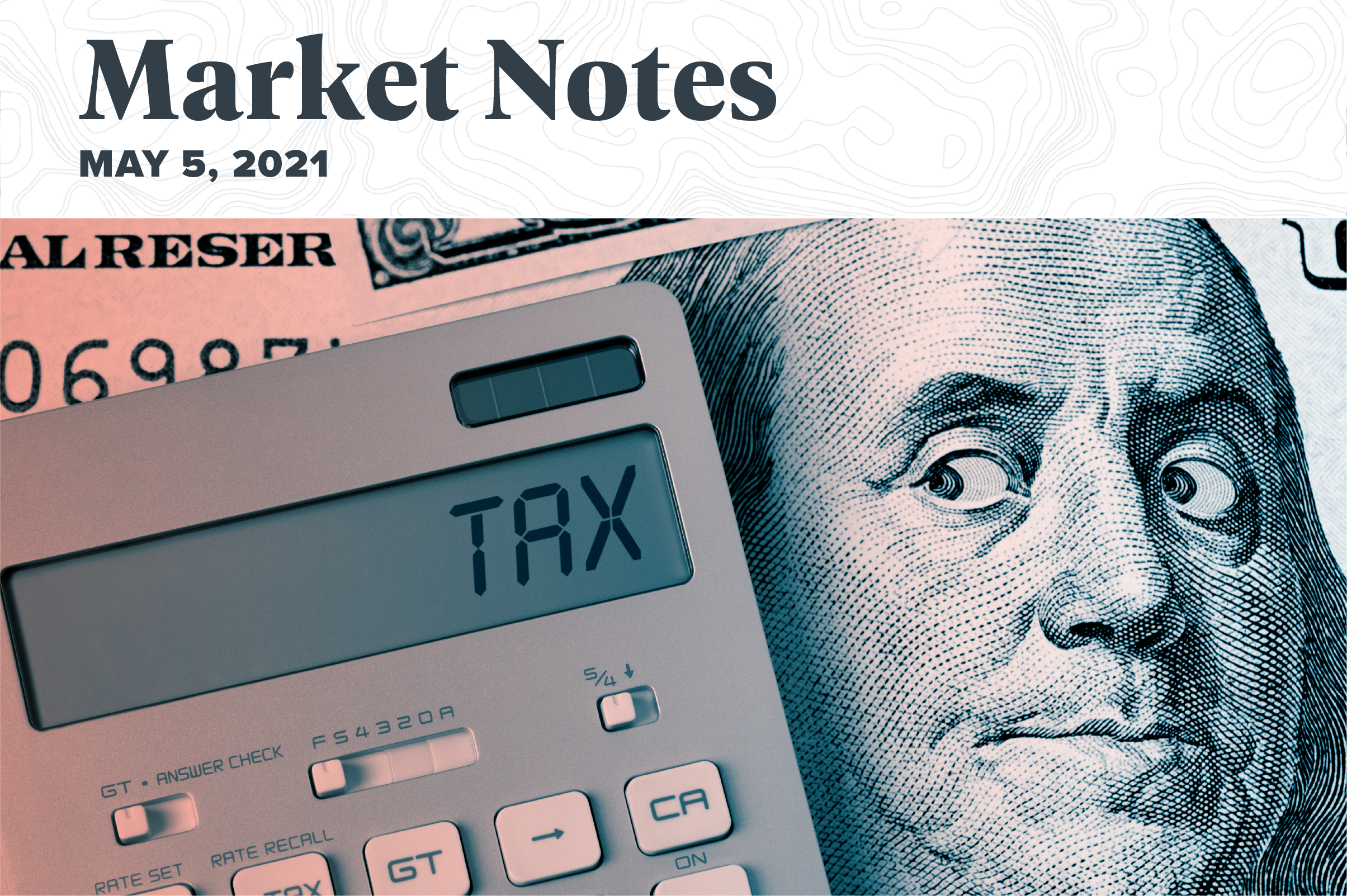
They’re very different Presidents, but what Joe Biden and Donald Trump have in common is their drive to make America’s economic growth rate…

They’re very different Presidents, but what Joe Biden and Donald Trump have in common is their drive to make America’s economic growth rate…
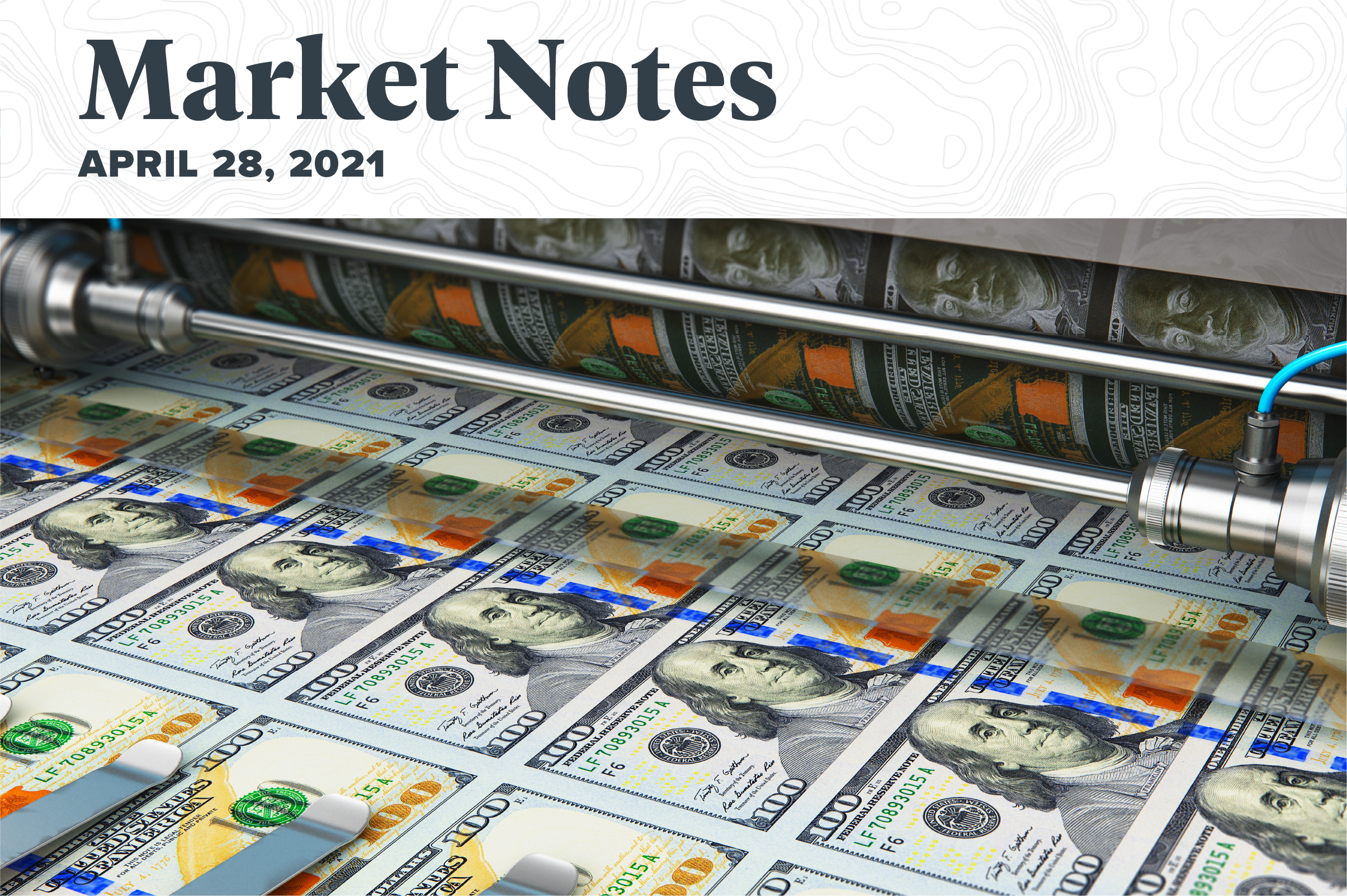
They’re very different Presidents, but what Joe Biden and Donald Trump have in common is their drive to make America’s economic growth rate…
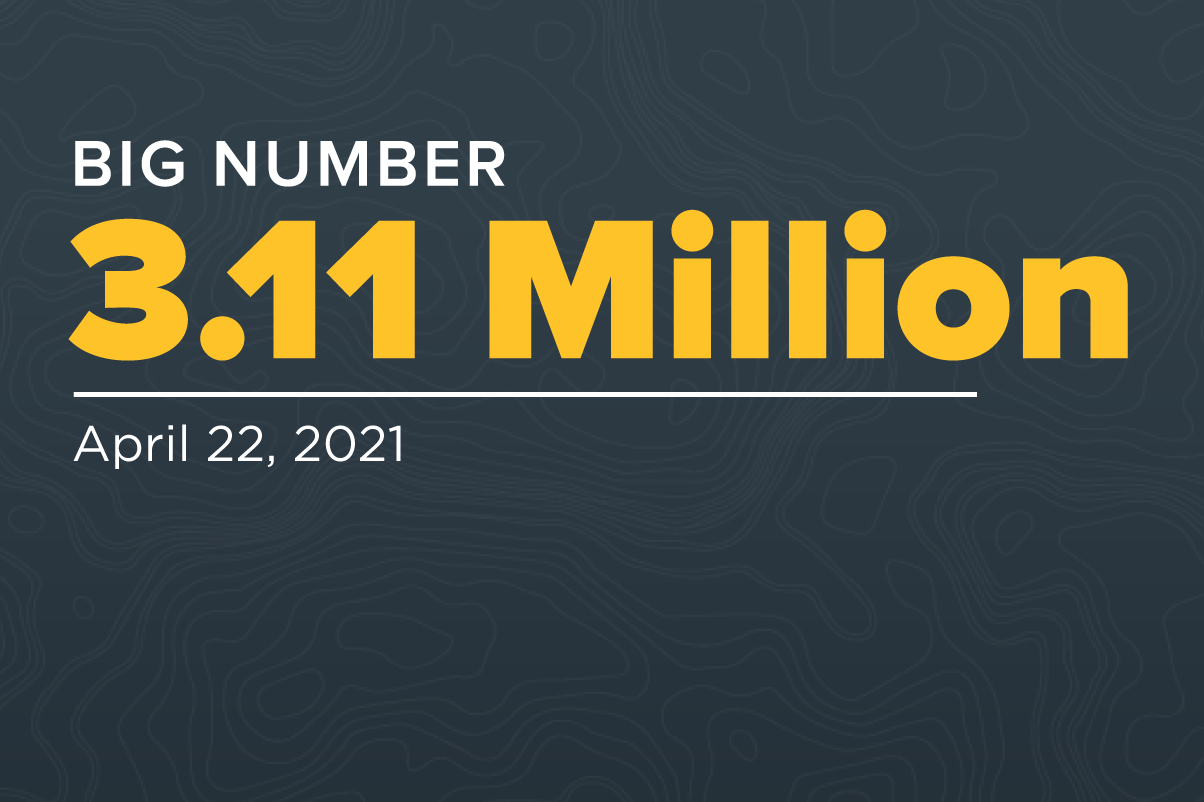
Millions of workers are retiring early. But not necessarily because they want to. The pandemic is pushing them to bow out of a job, according to…
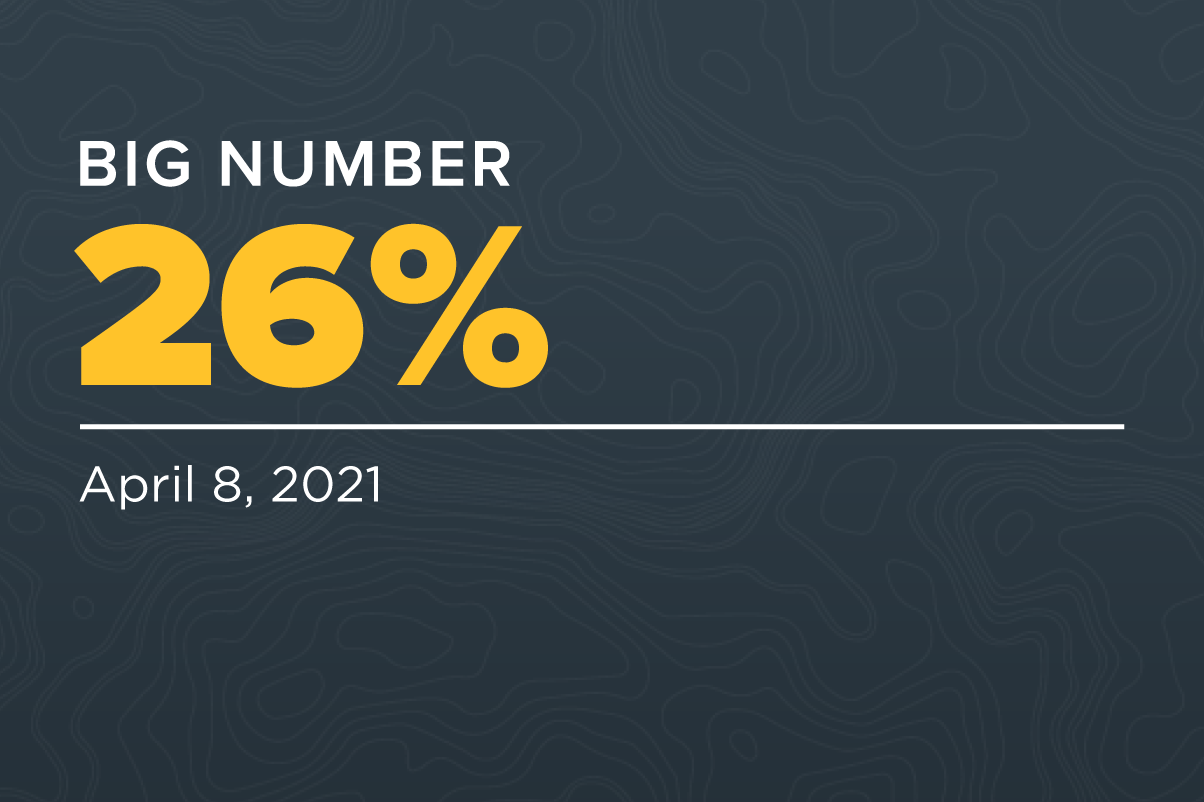
When financial markets went haywire in March 2020, people pursuing a traditional financial plan may have been tempted to do something…
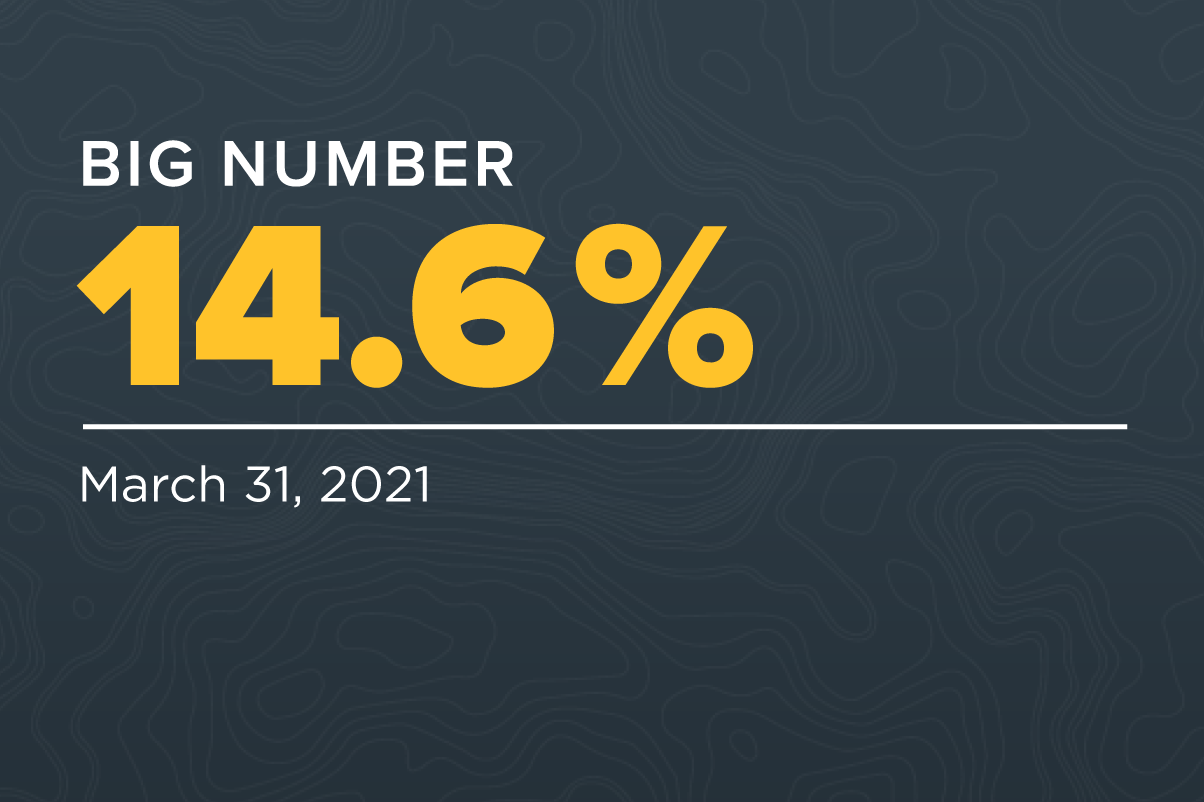
Of all the financial challenges facing retirees, being a widow can be one of the most difficult to bear. As the U.S. comes to the end of National Women’s History Month…

Nearly every day the financial news headlines trumpet the selloff in bonds and the rising yields that go along with it. Some market pundits…
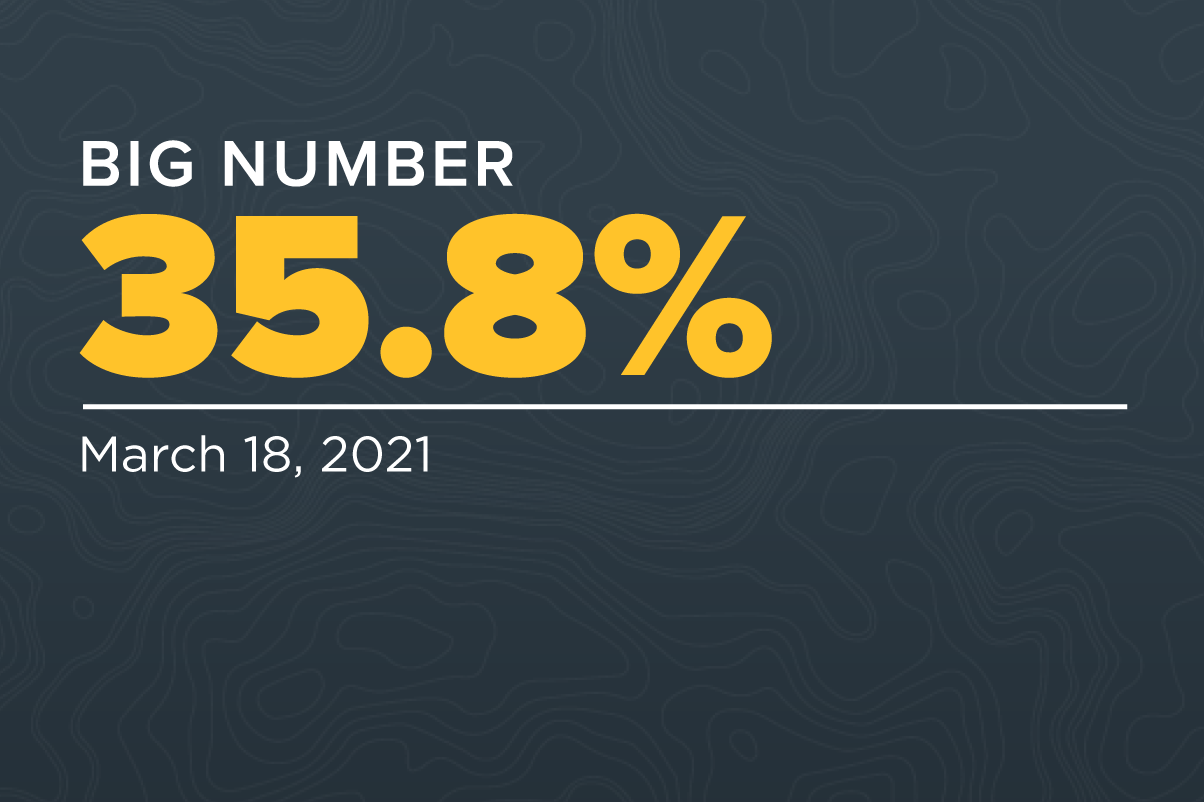
Like the famous Energizer Bunny, small-capitalization stocks keep on going versus their larger peers. Year to date, the S&P Small-Cap 600 Index is…
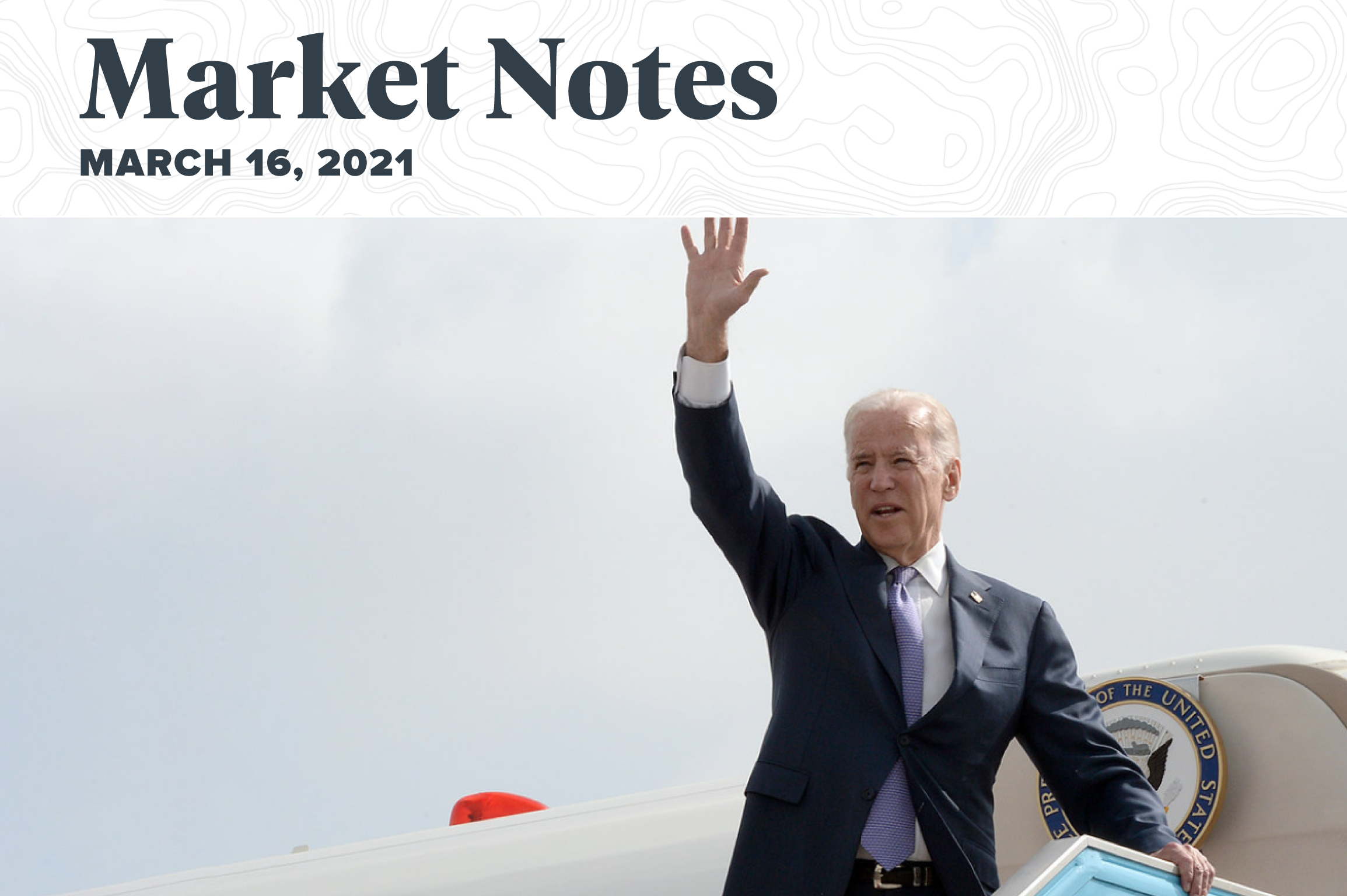
They’re very different Presidents, but what Joe Biden and Donald Trump have in common is their drive to make America’s economic growth rate…
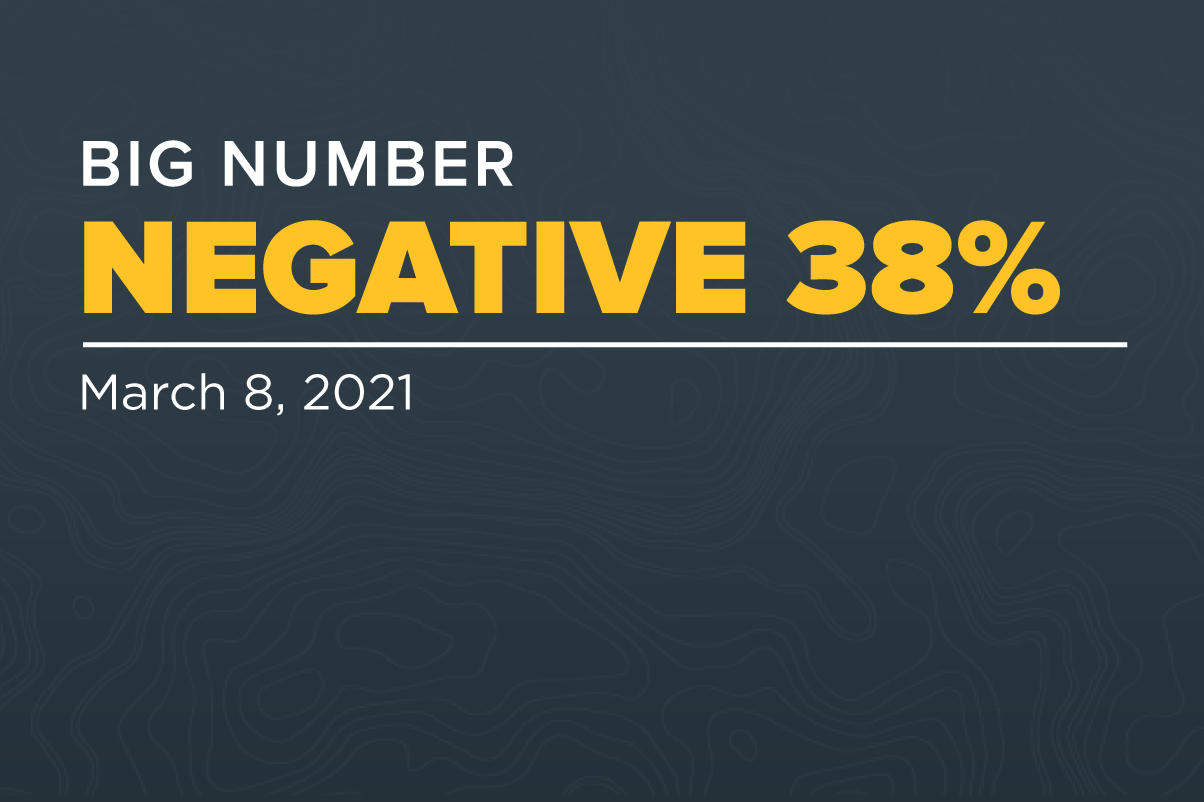
Does 2021 strike you as a replay of 1999? The investment theme now, as it was then, is to buy the companies on the leading edge of new…

Many investors and financial advisors are still in the dark on what ESG factor investing means and how quickly the data behind this style of investing…

Federal Reserve chairman Jay Powell’s speaking engagement on March 4 is, in Horizon’s view, critical for the central bank’s messaging and…
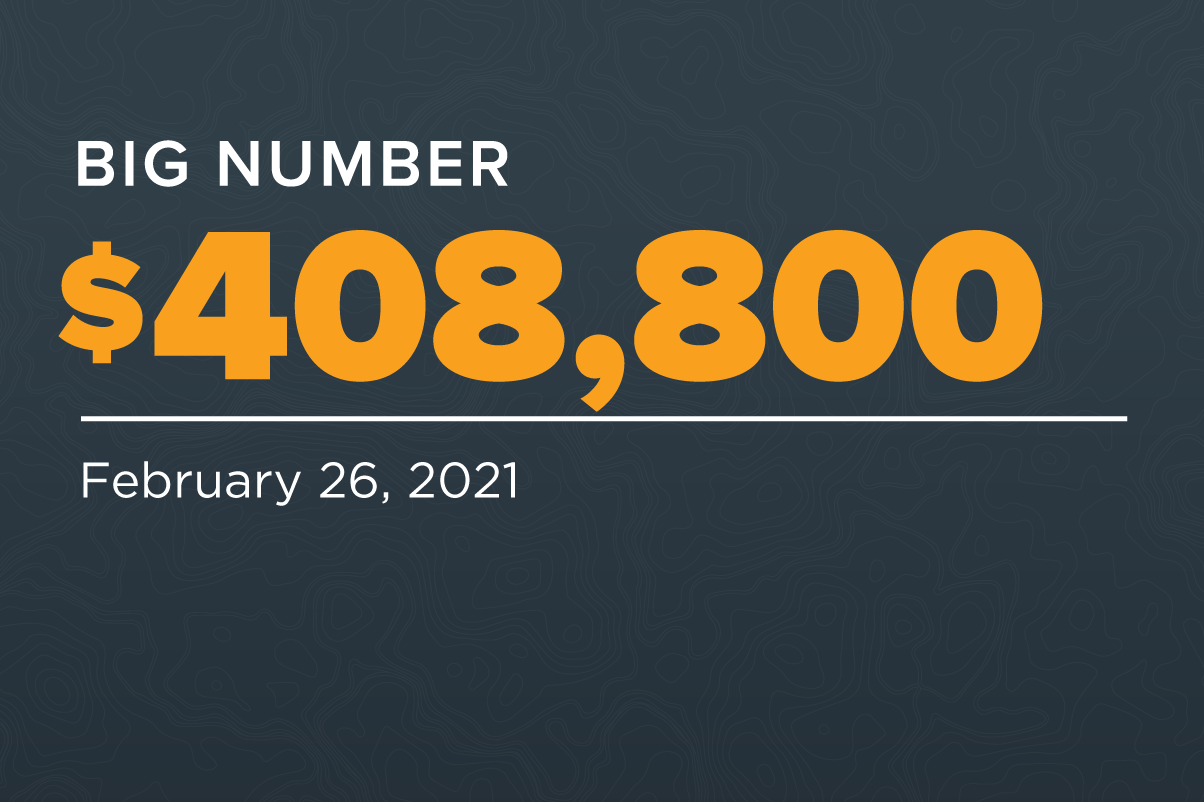
Up, up and away for the price of a new single-family home, which reached a record high $408,800 to kick off 2021. Goals-based clients who are…
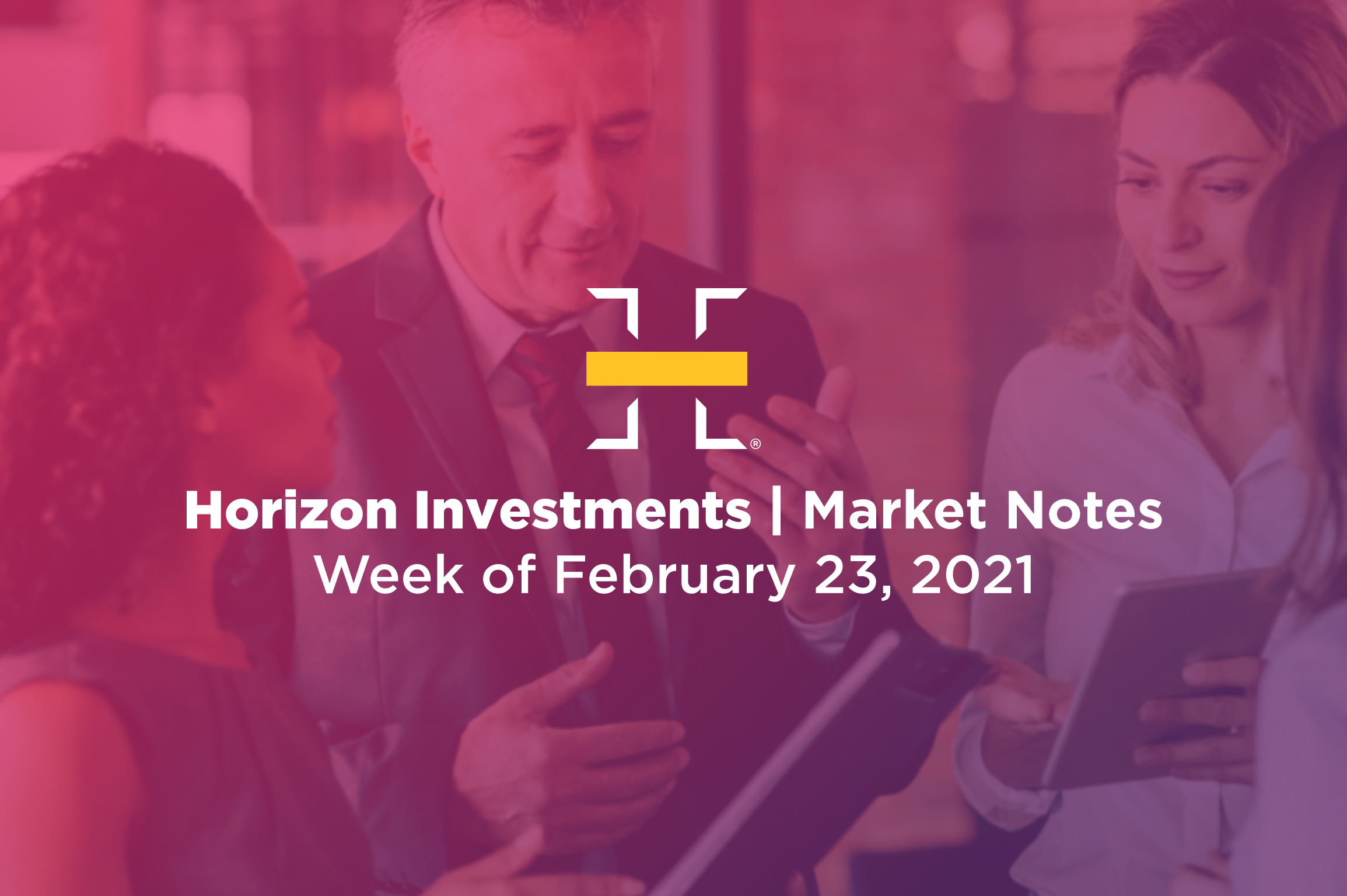
Investors who are globally diversified may be seeing that pay off at the start of 2021. Emerging market (EM) stocks are ripping, up 8.2% year to date for…
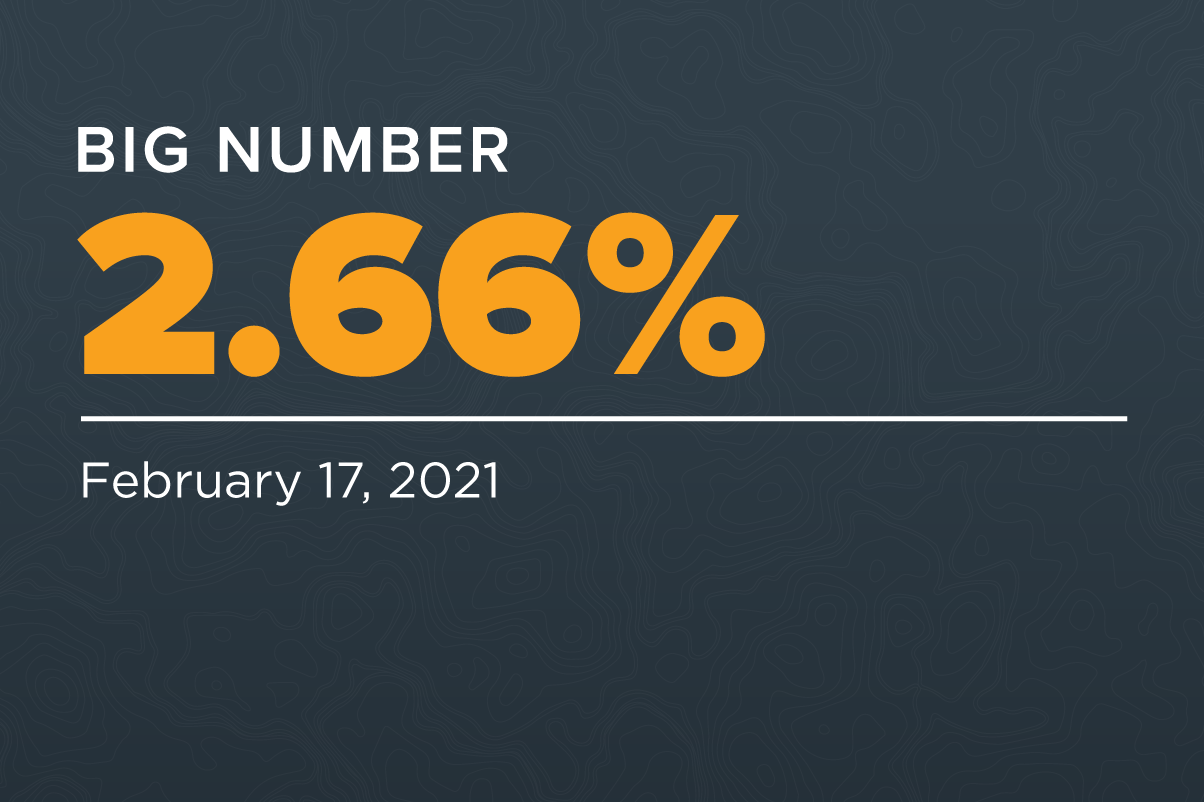
Inflation isn’t a problem now, but financial markets are saying it could be soon. Traders are pricing in the possibility that Consumer Price Inflation…
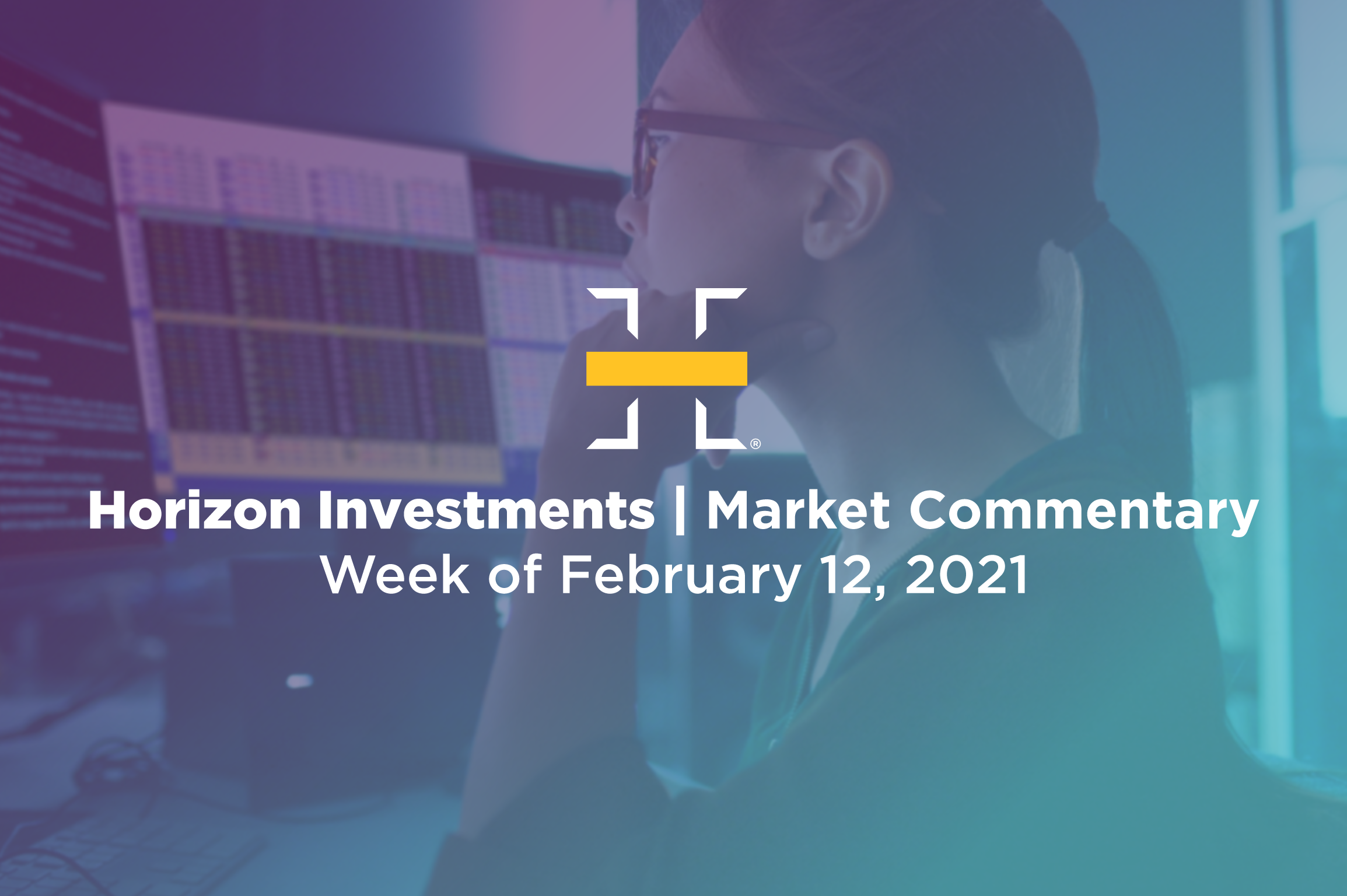
Here’s another knock against putting all of your retirement-income eggs in the bond market basket. This week is ushering in record low yields of…
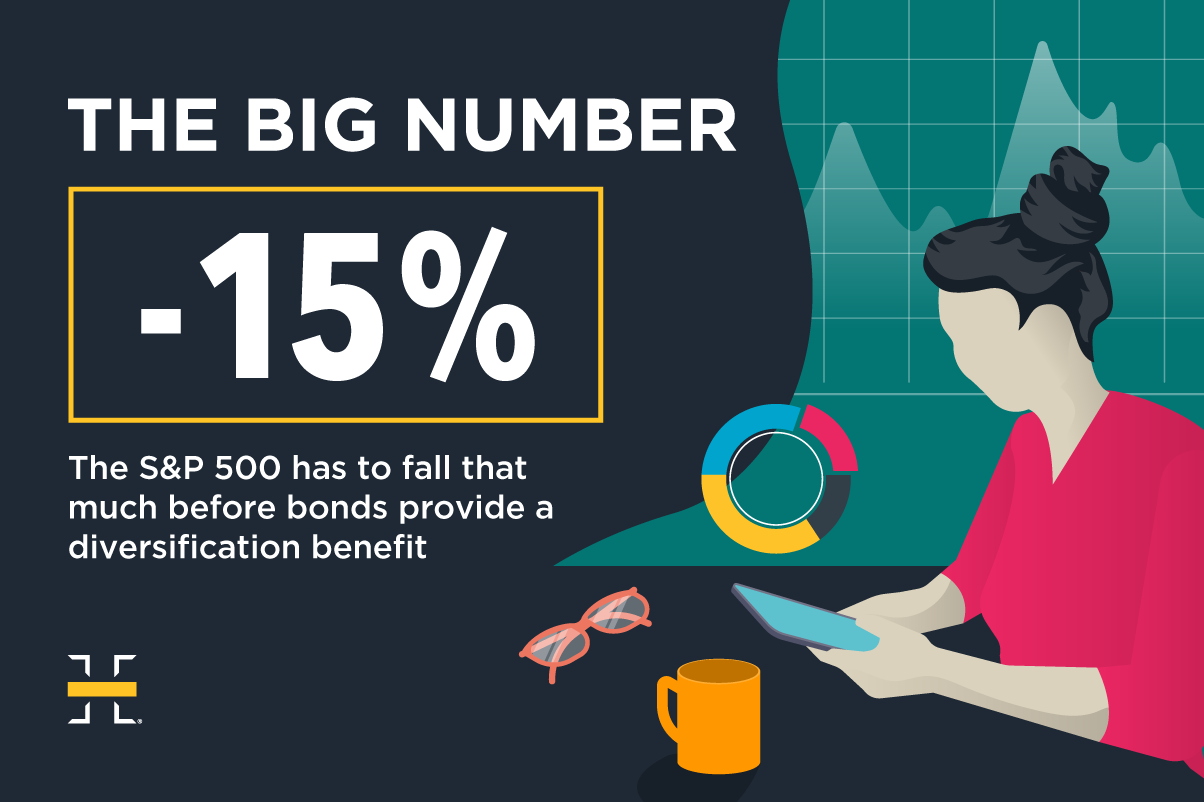
A common investor assumption is that bonds tend to go up in value when the stock market is sliding. That’s been true during the bond market’s long rally…
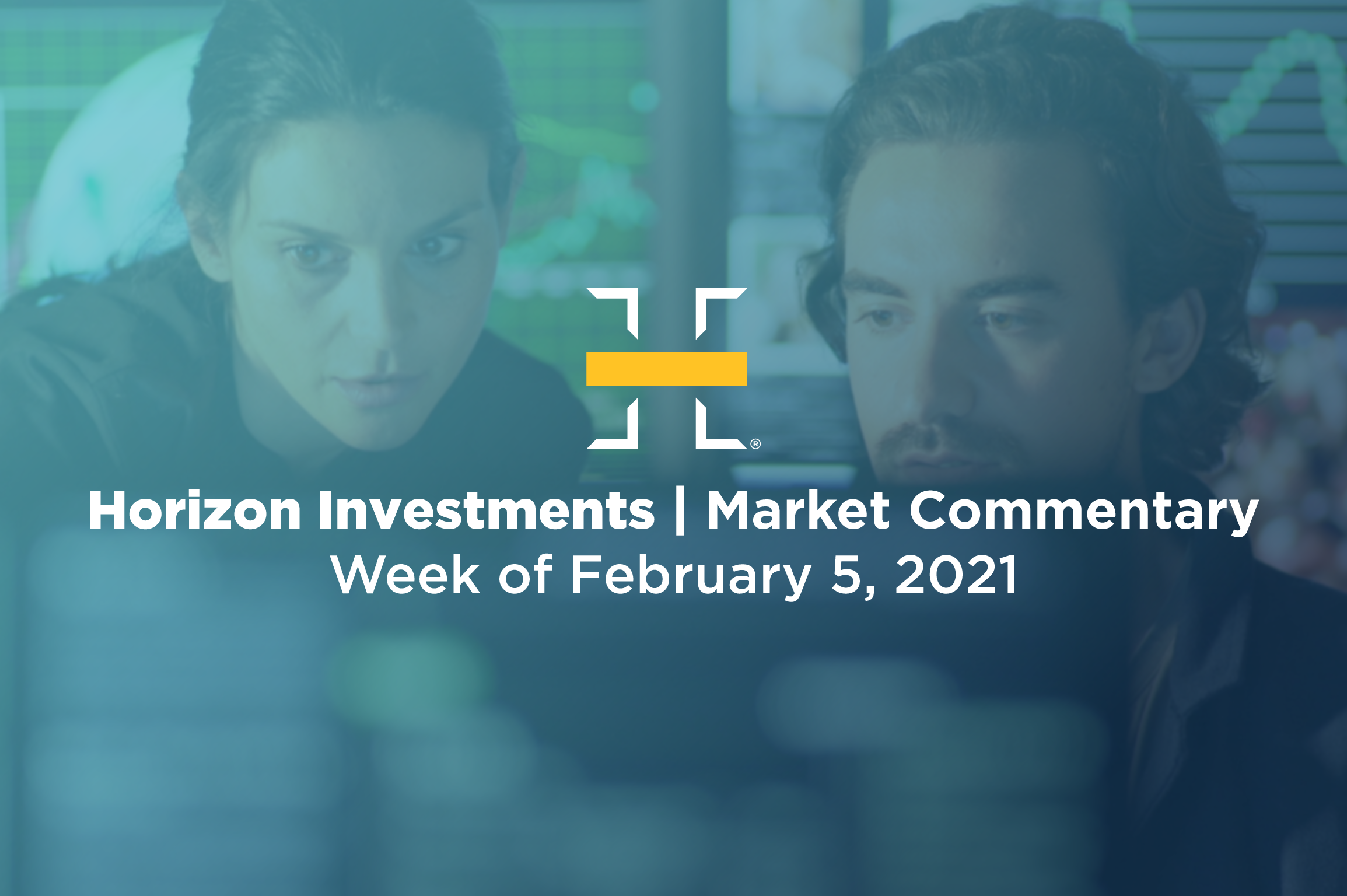
A record high for stocks…again. Earnings get much of the credit for the latest move. More than half of the S&P 500’s companies have reported earnings…
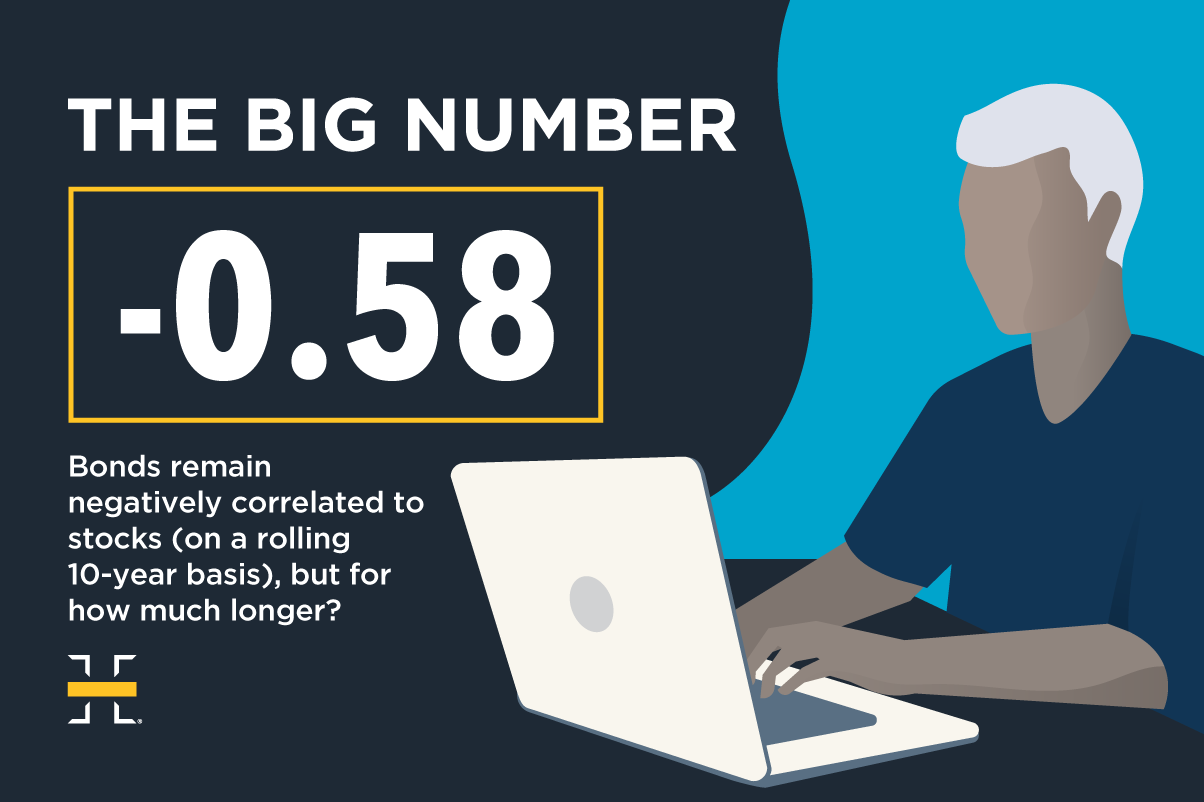
When stocks fall, bonds rally. That’s standard market action today. And it makes bonds look like a reliable way to counteract the stock market’s inevitable…
See Horizon Investments’ Customer Relationship Summary and
View Form ADV for additional information